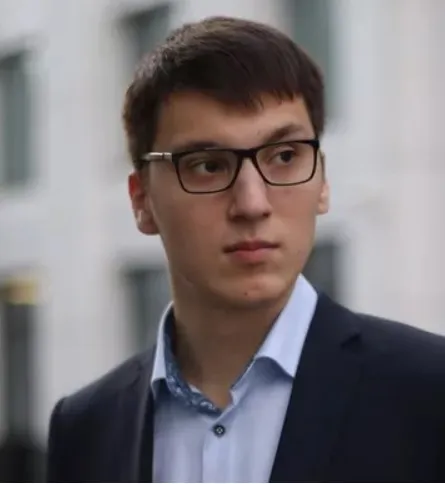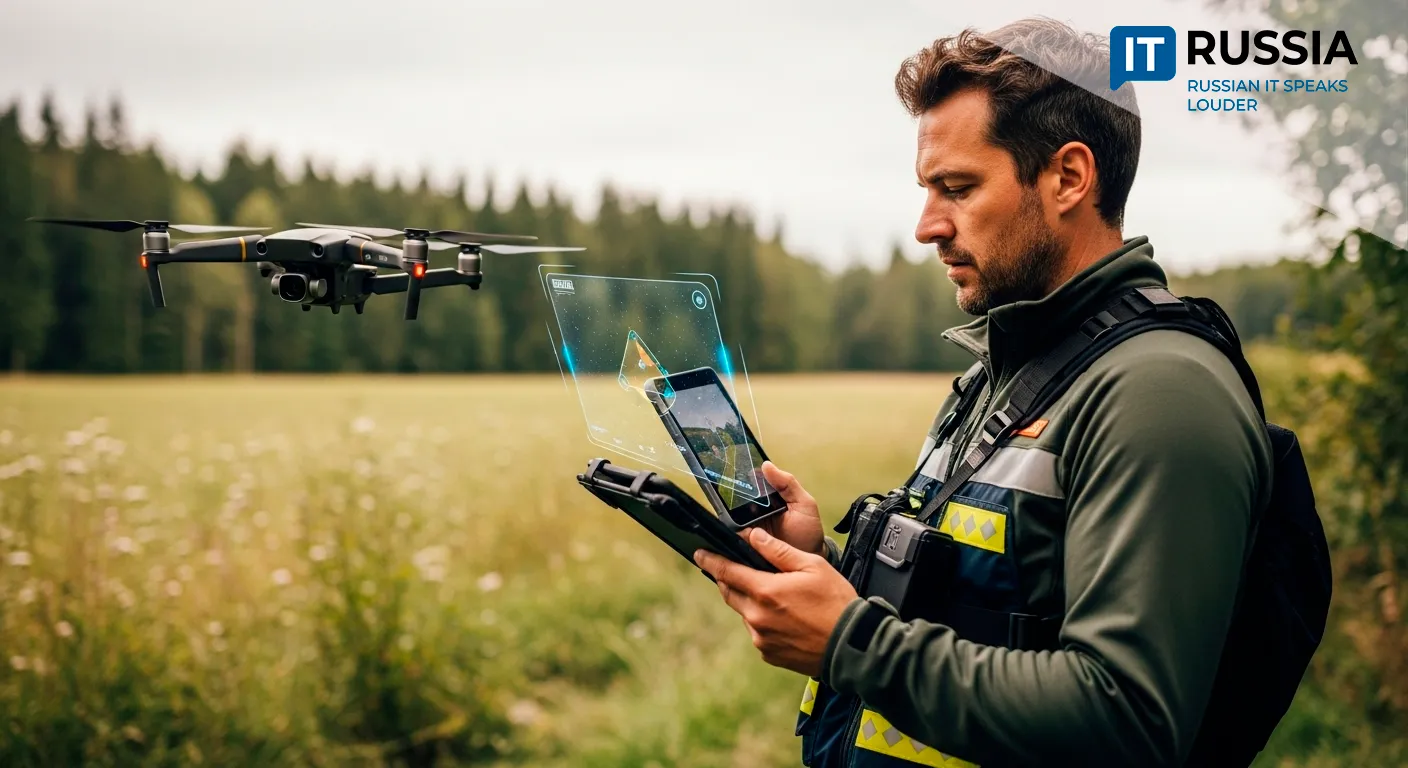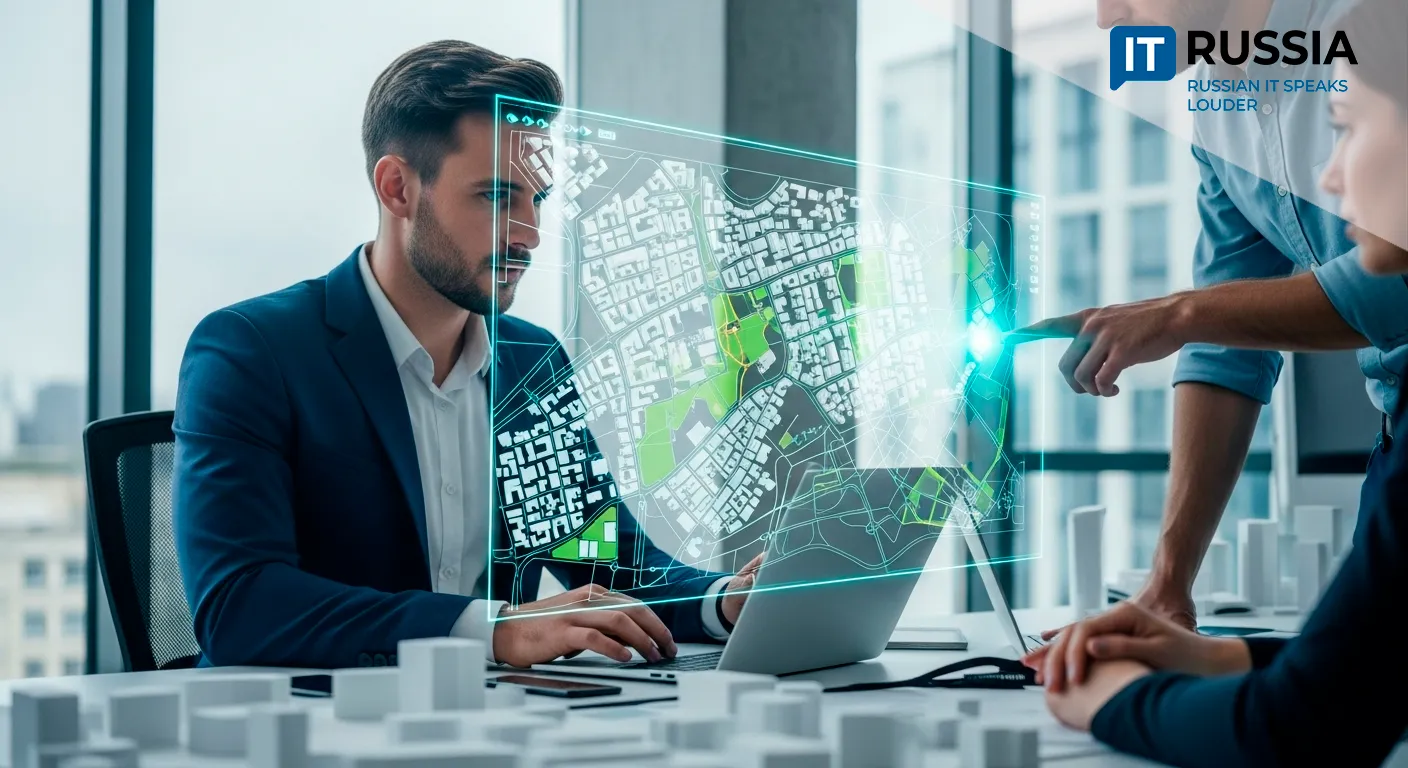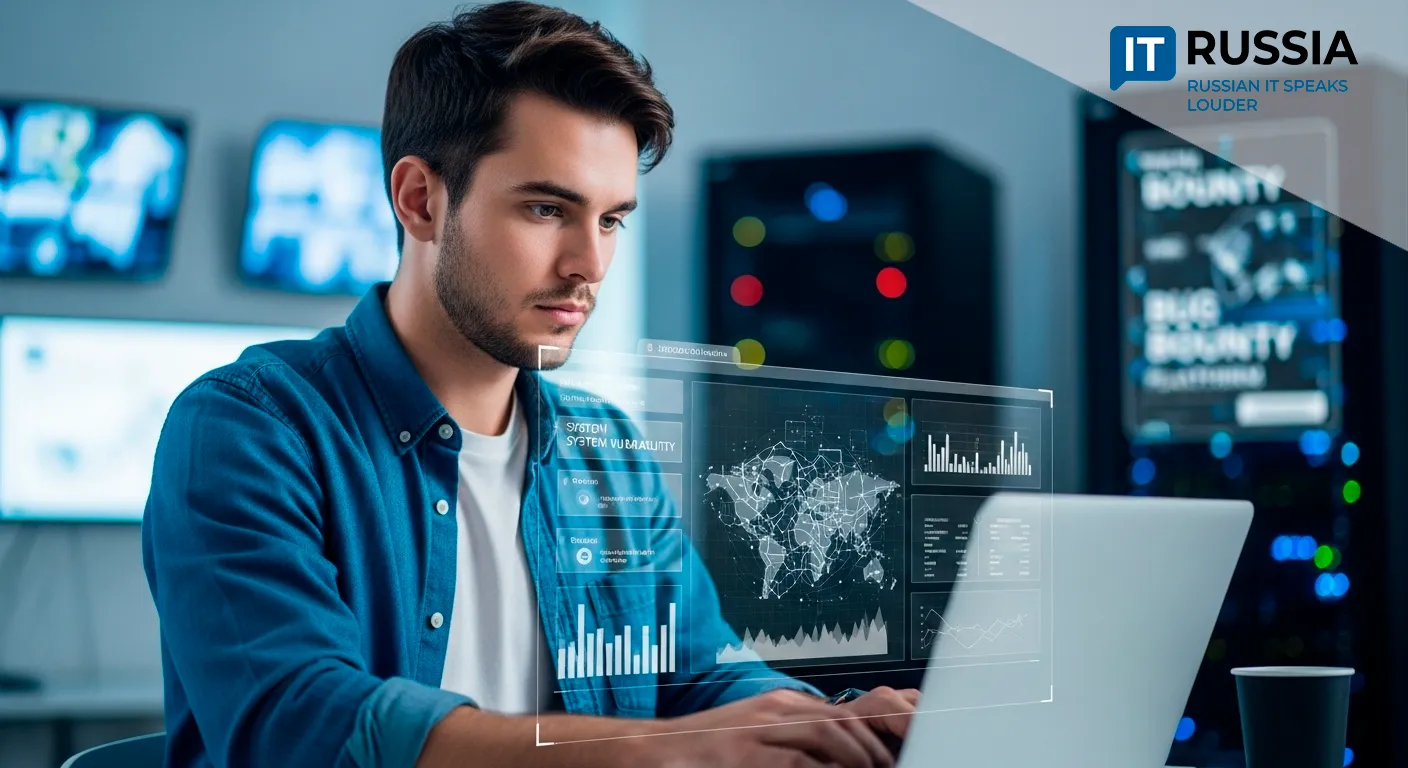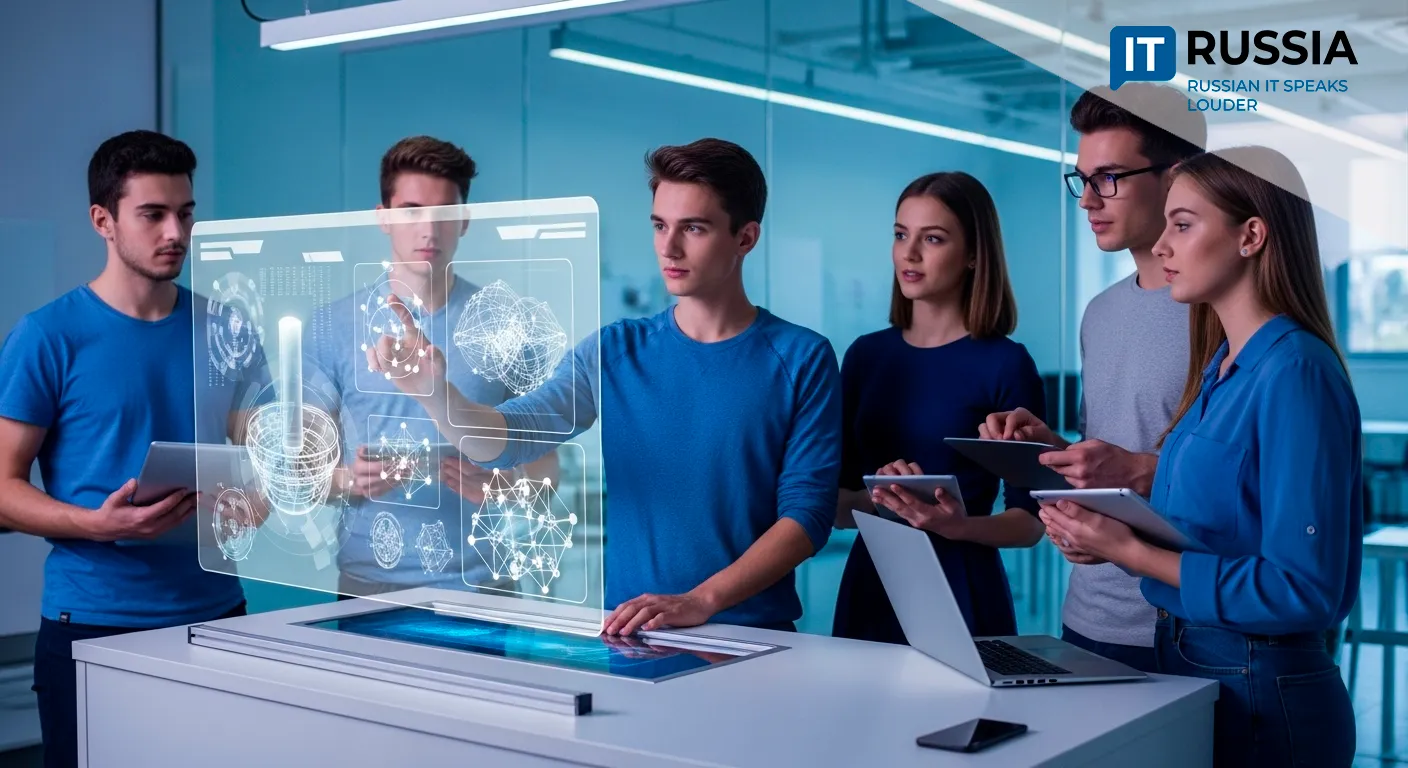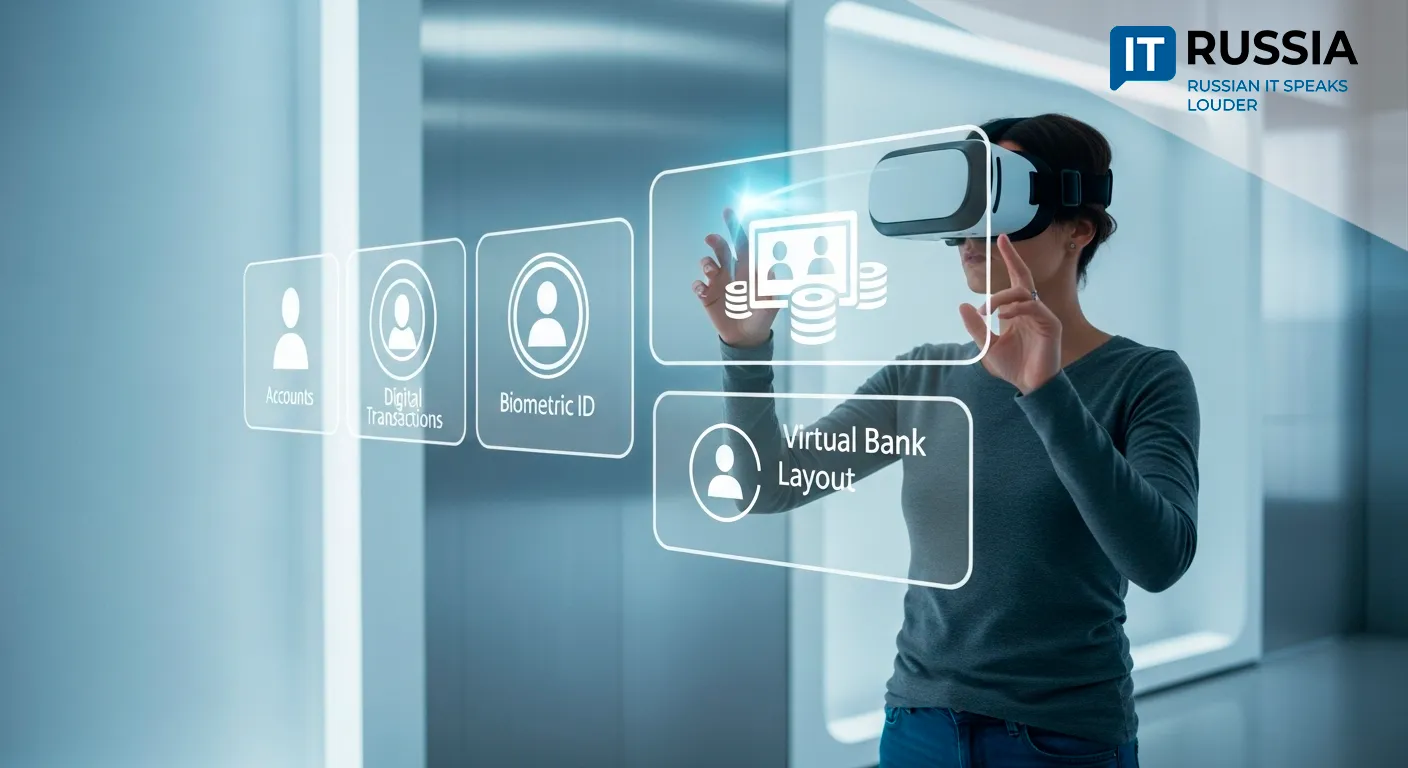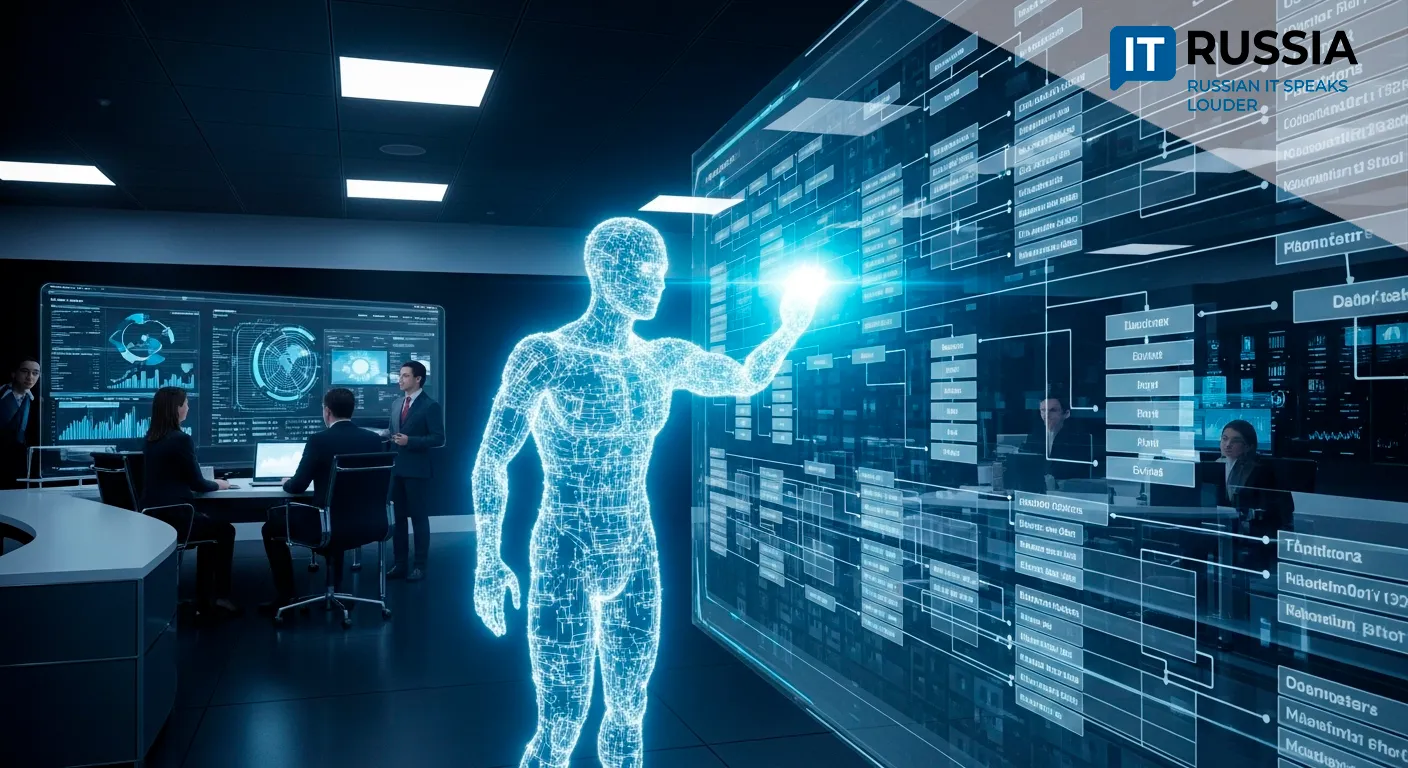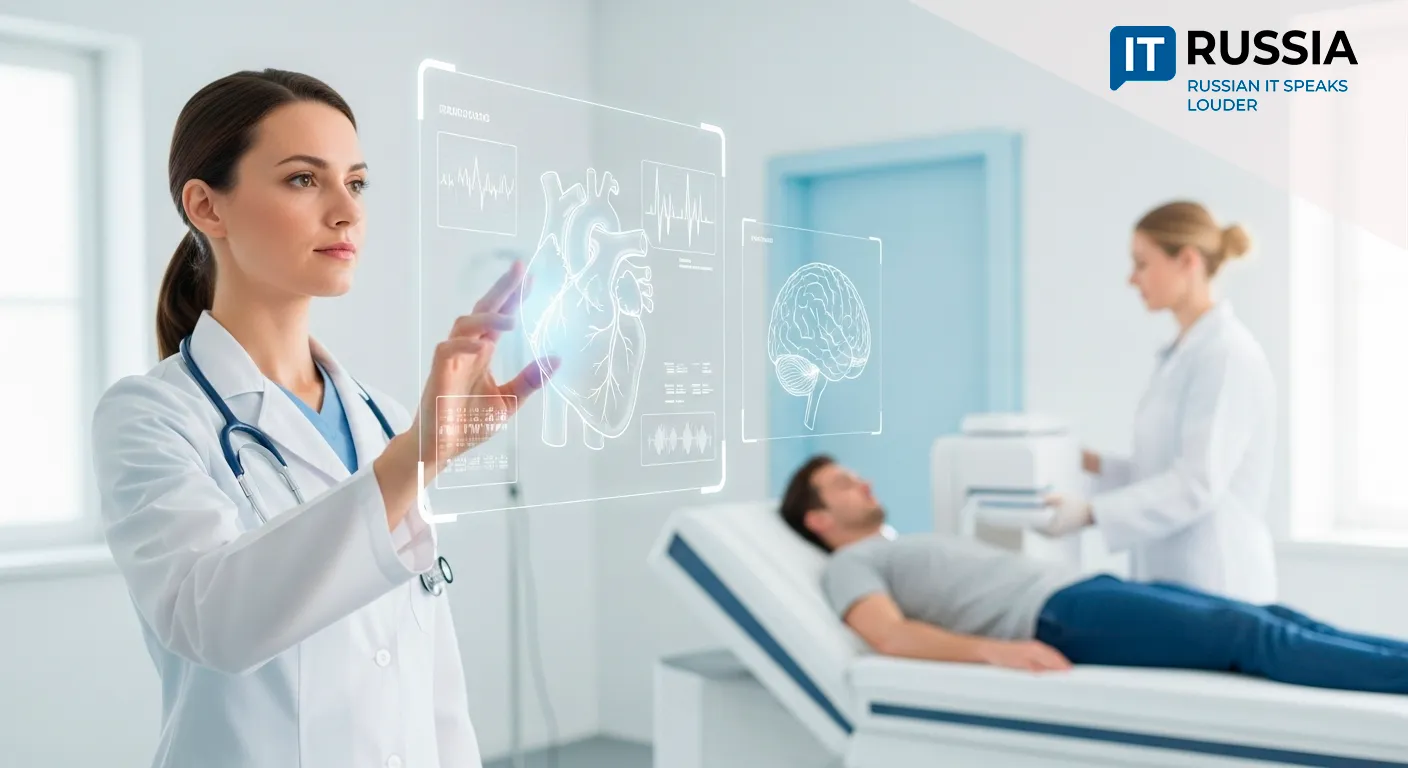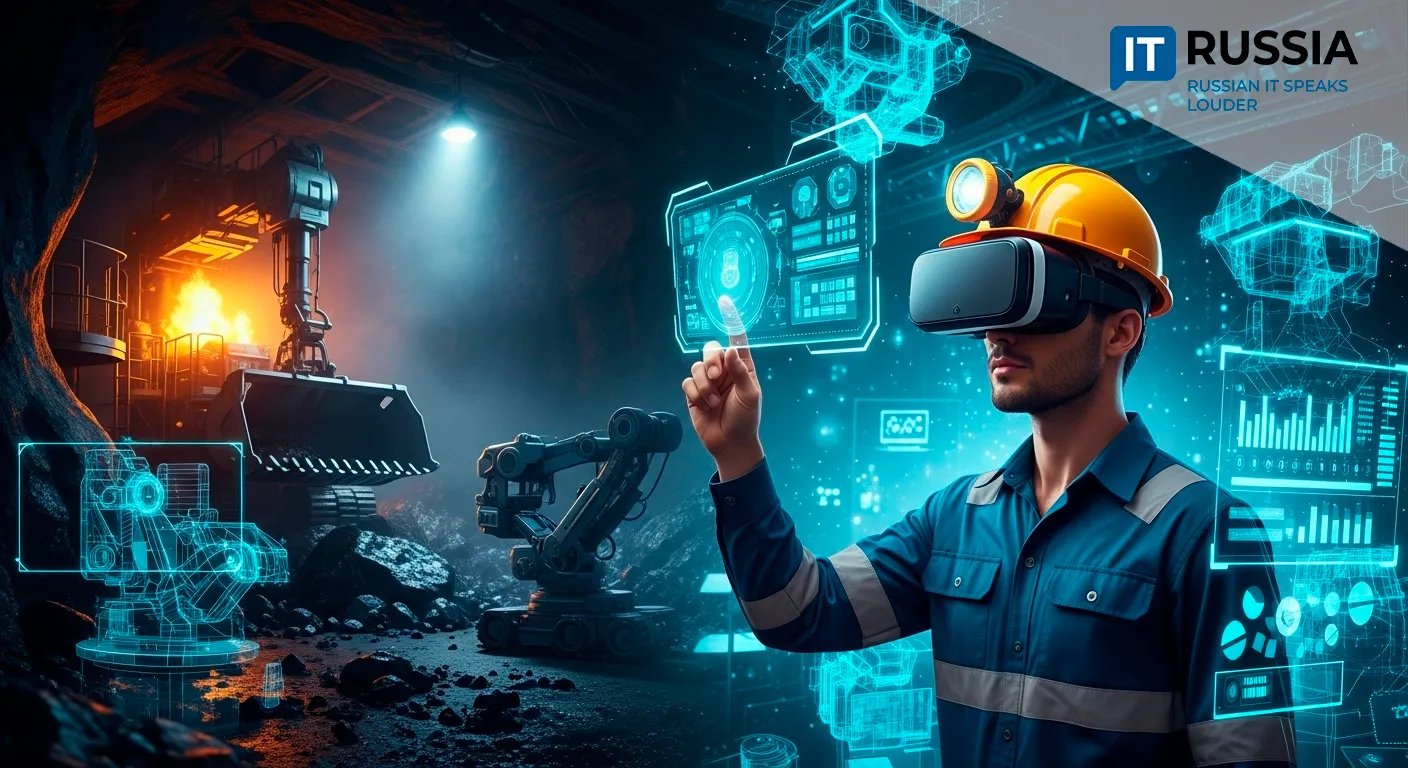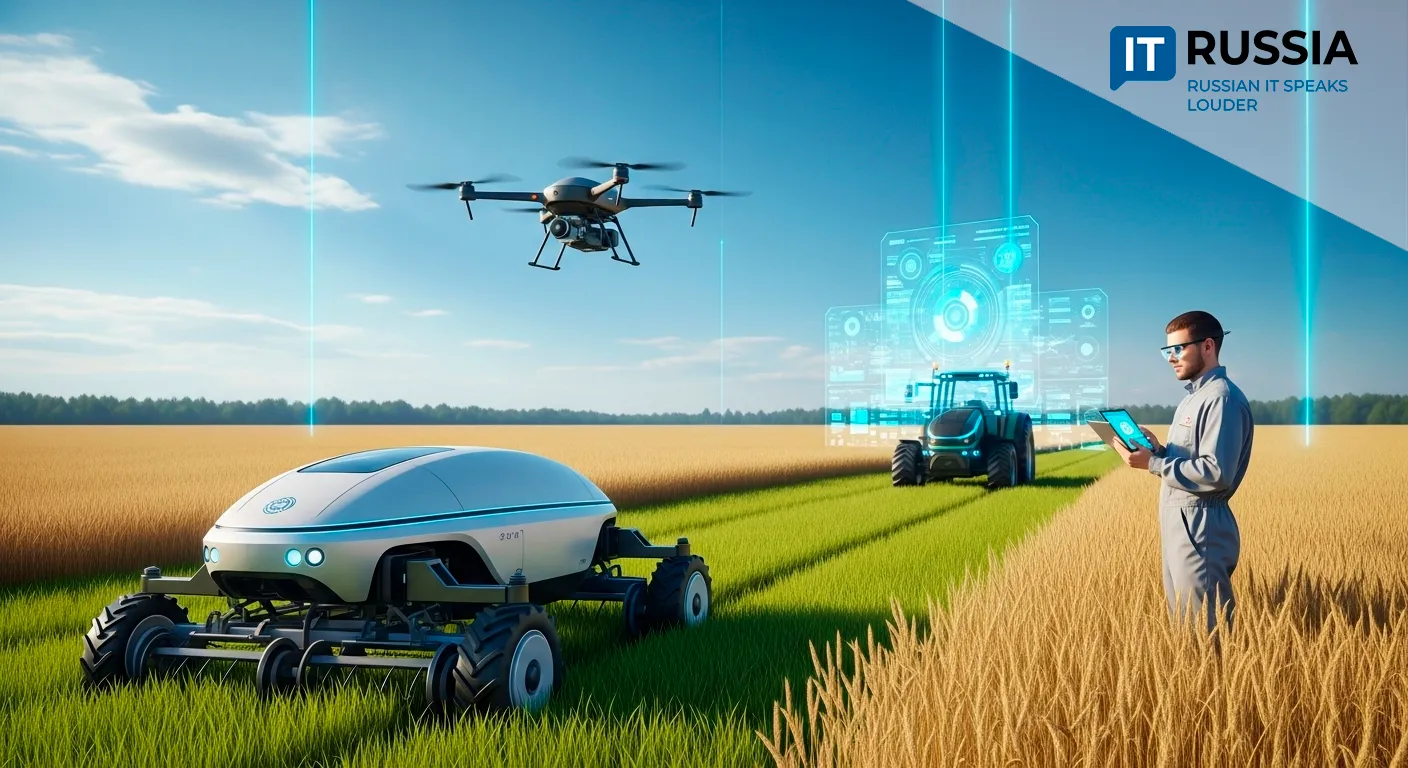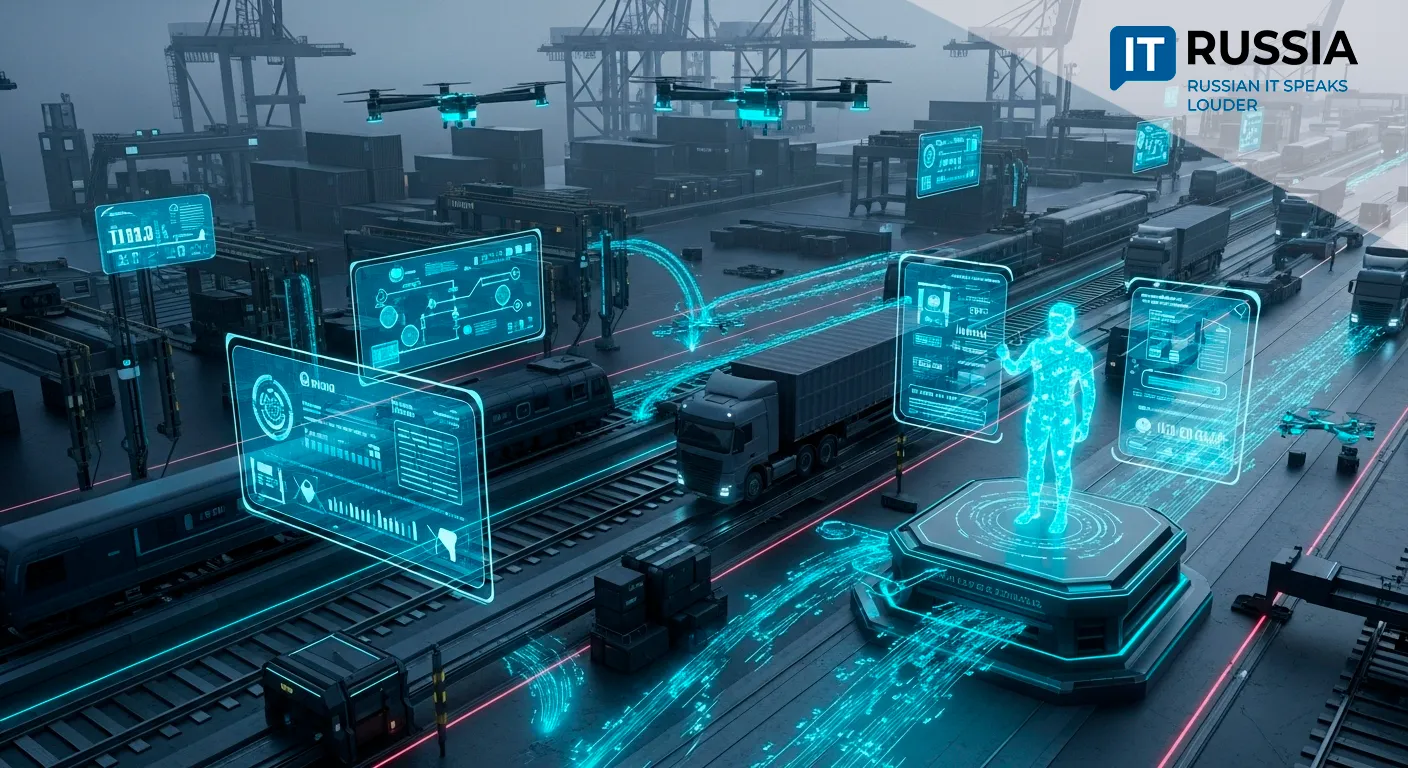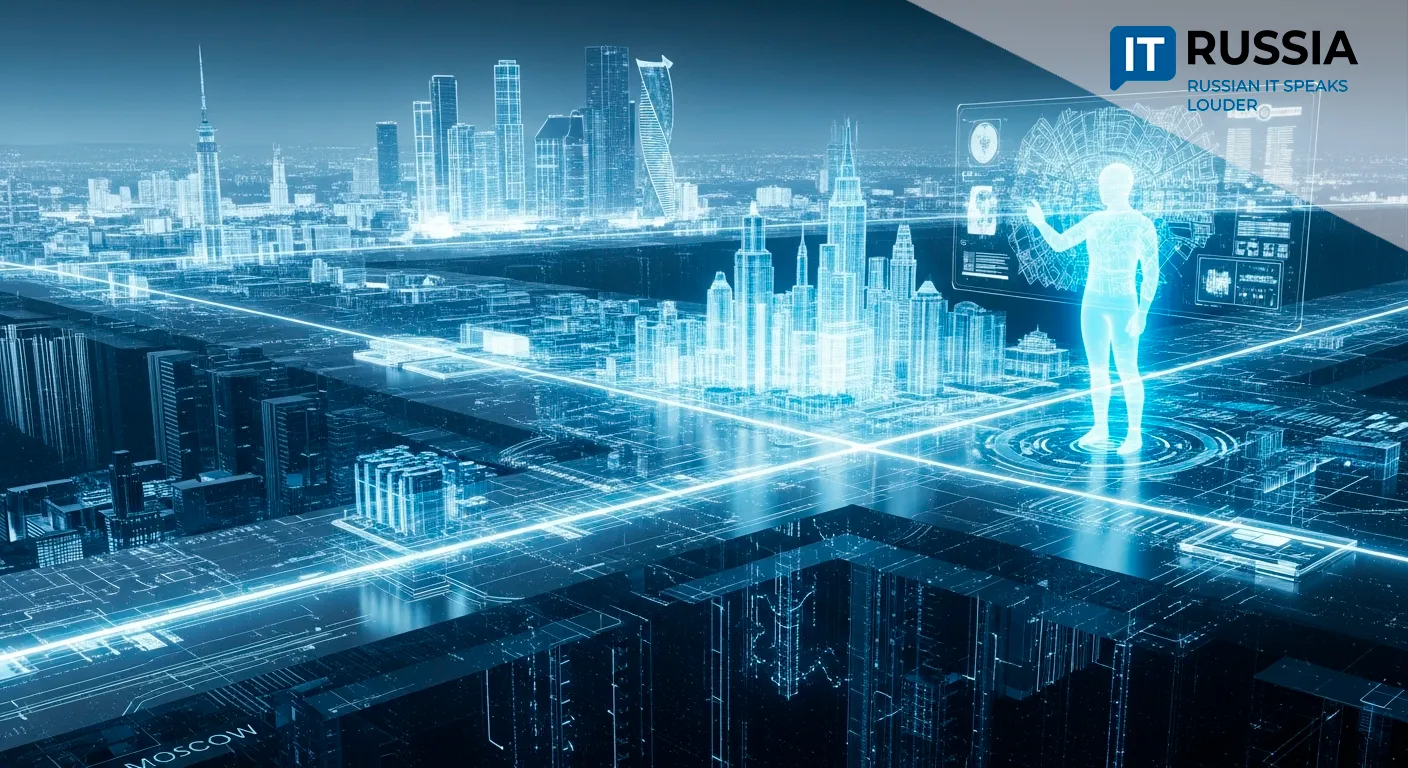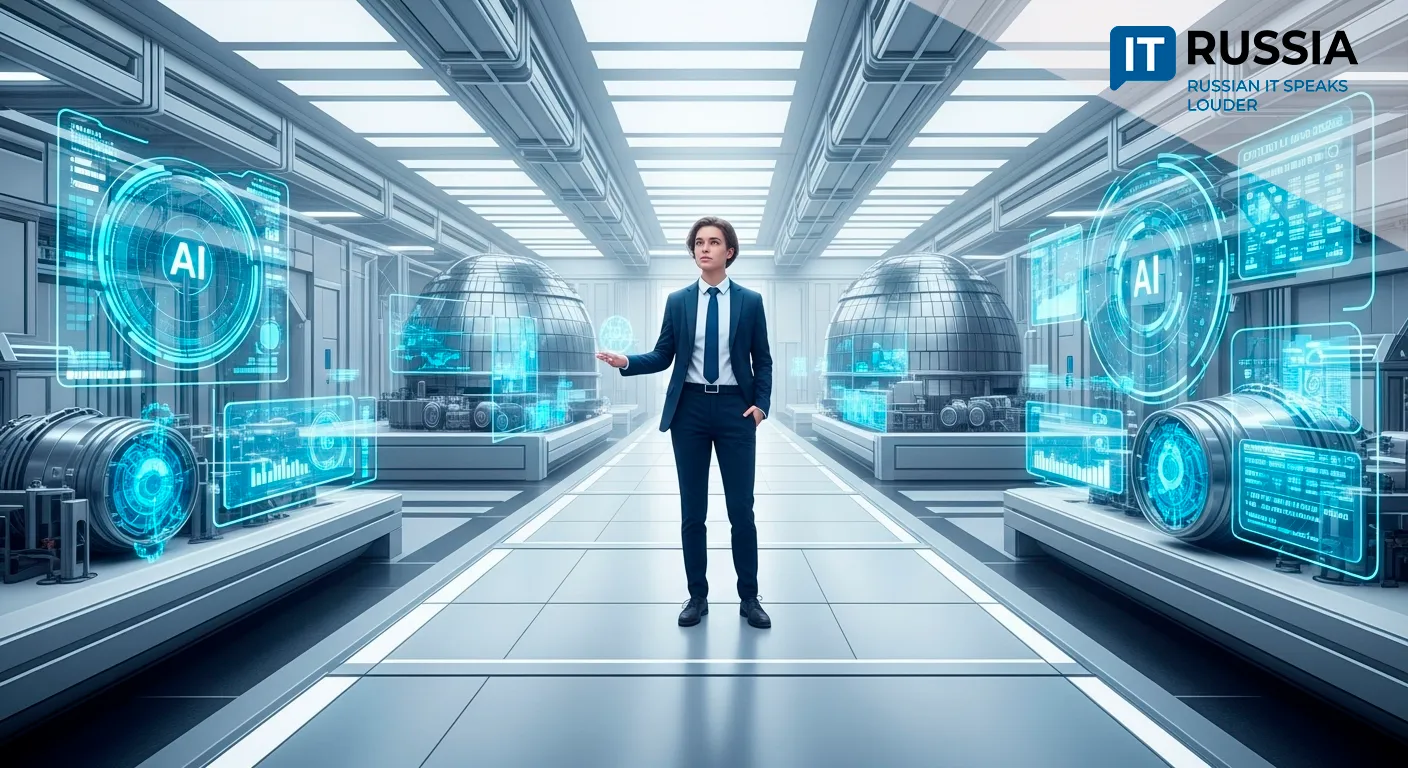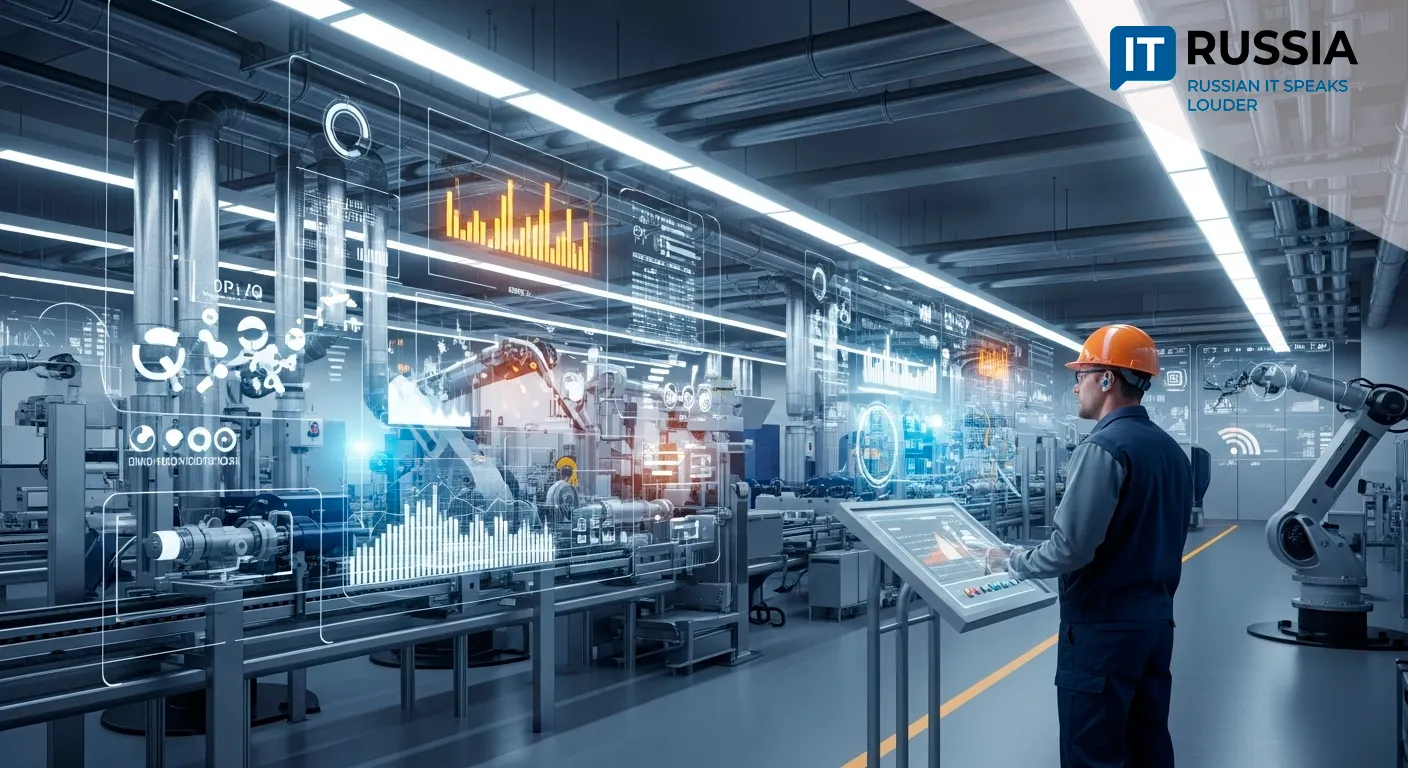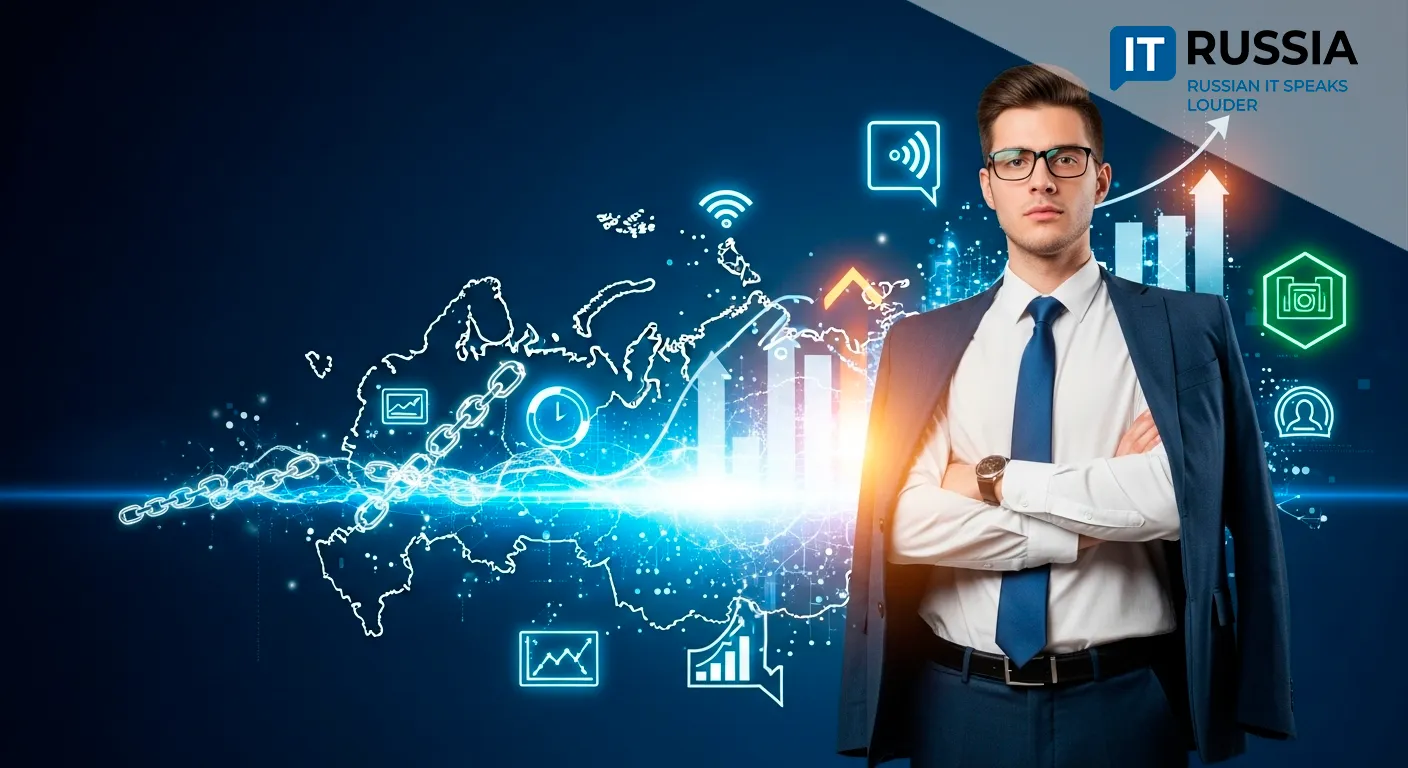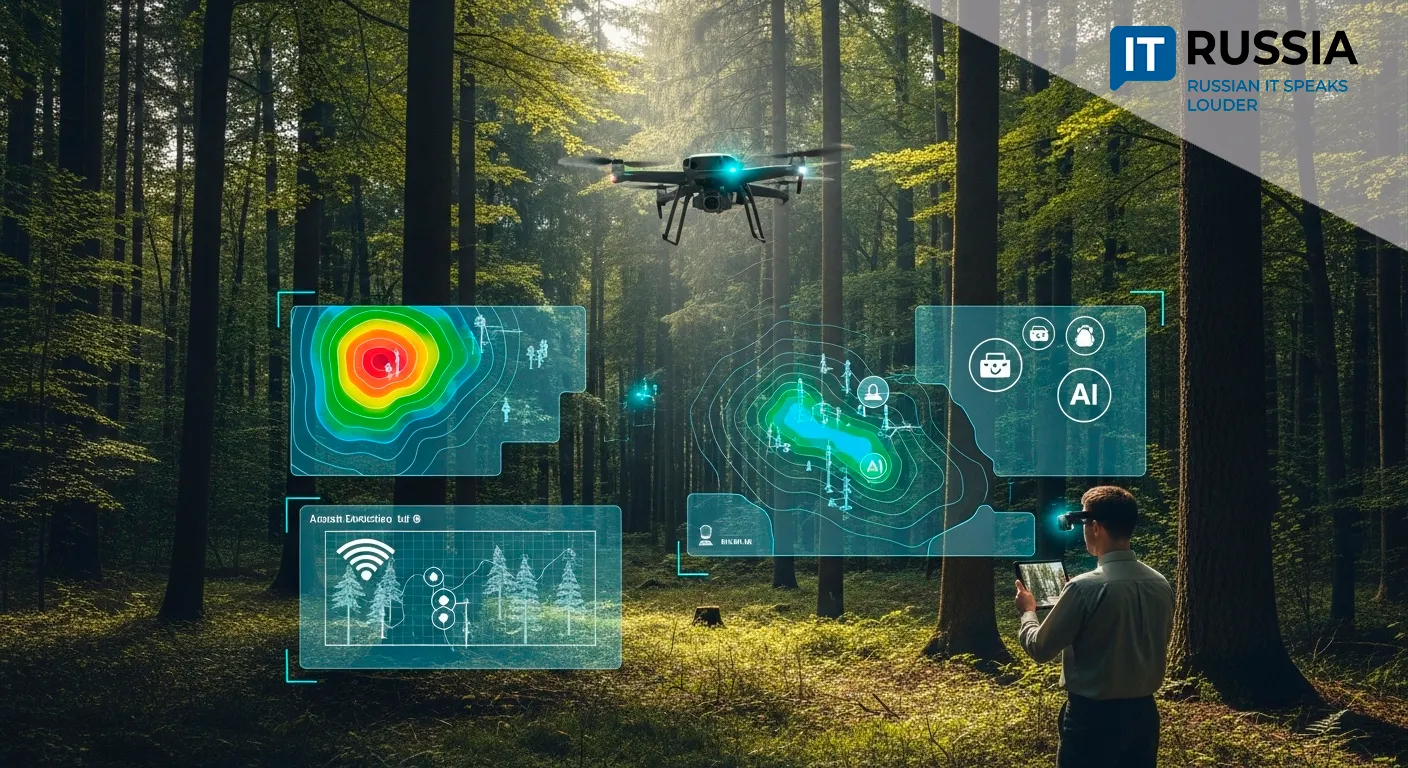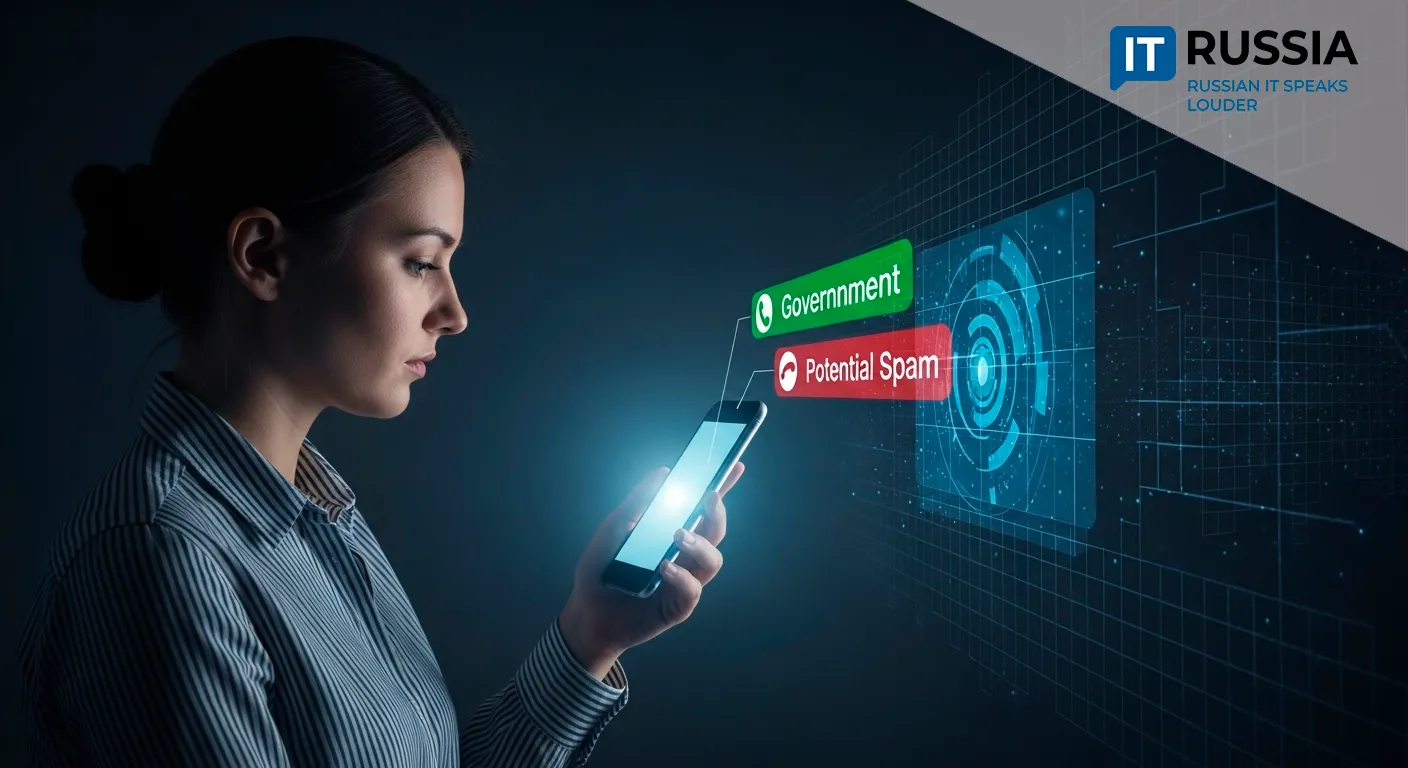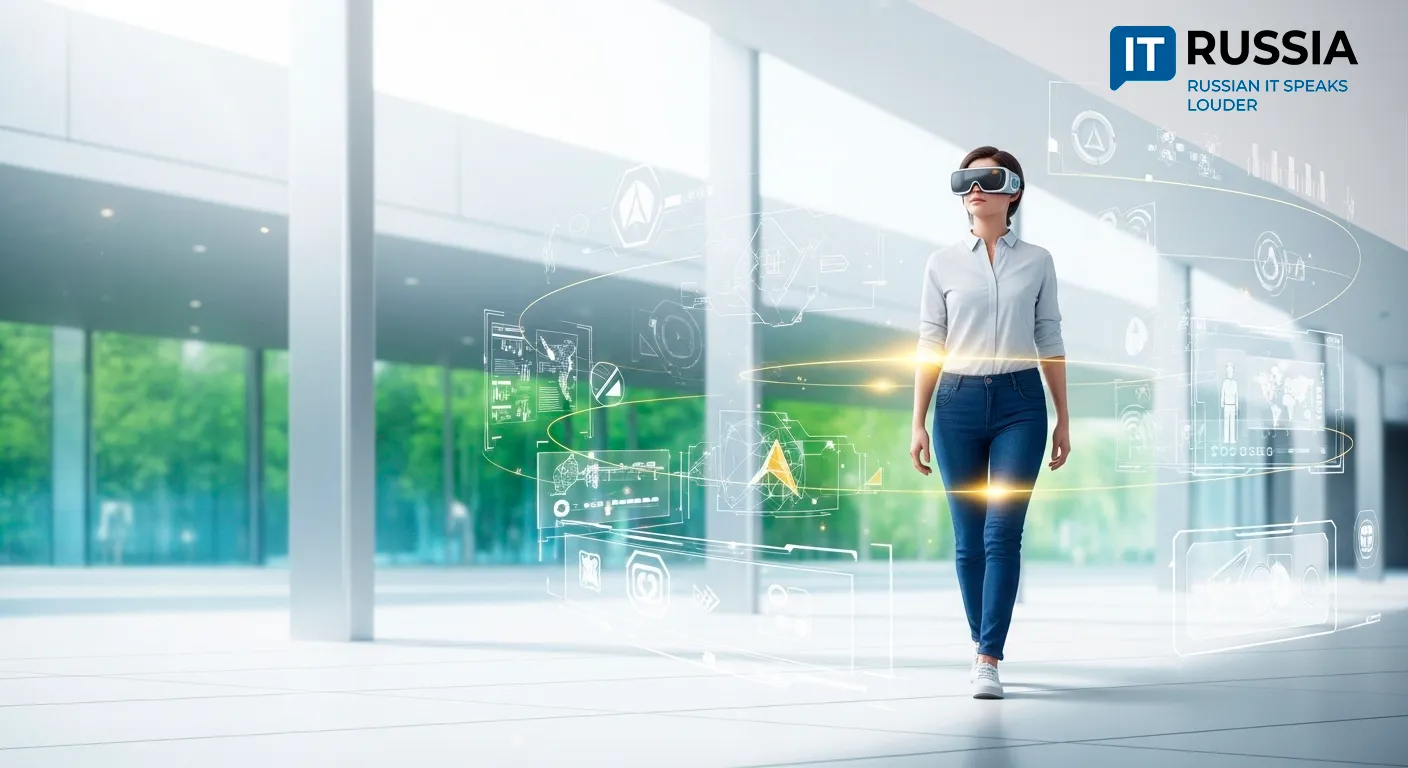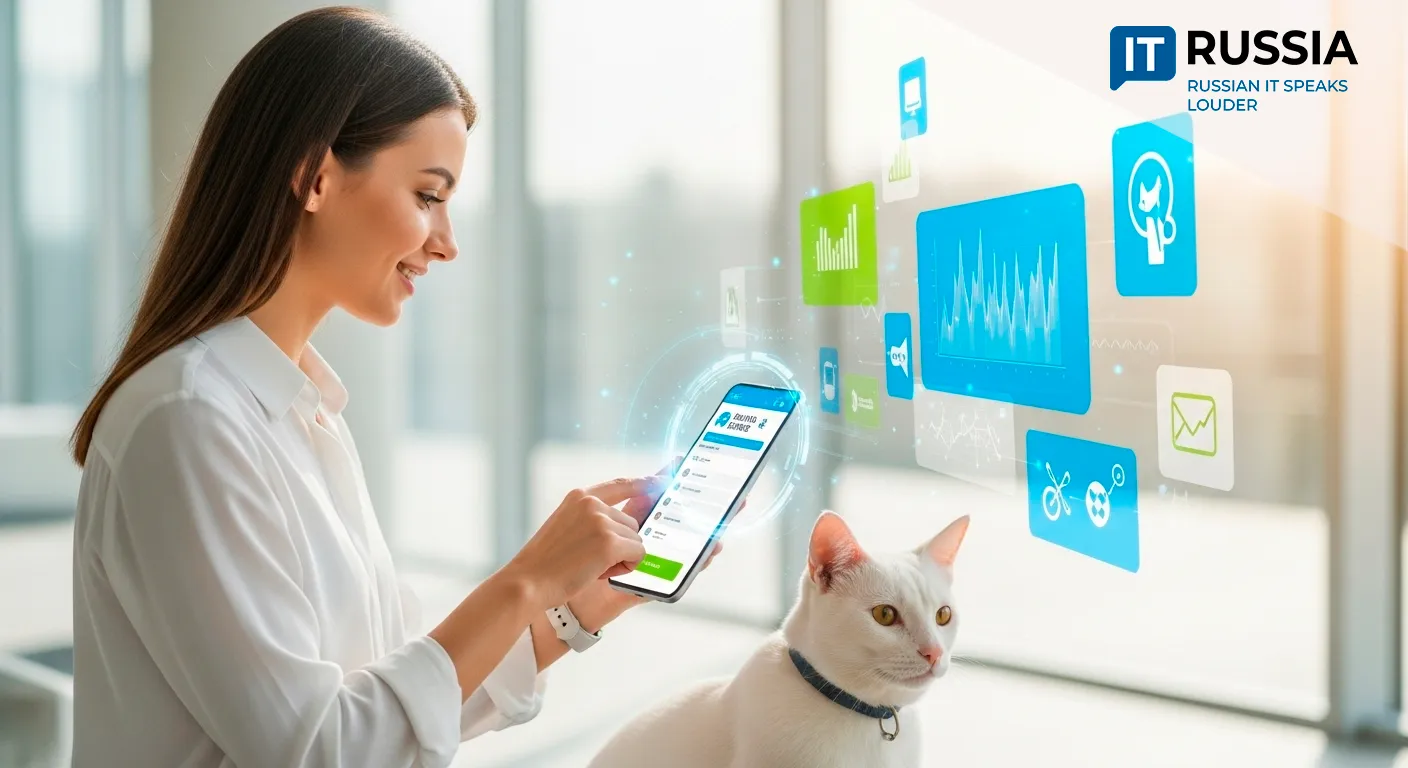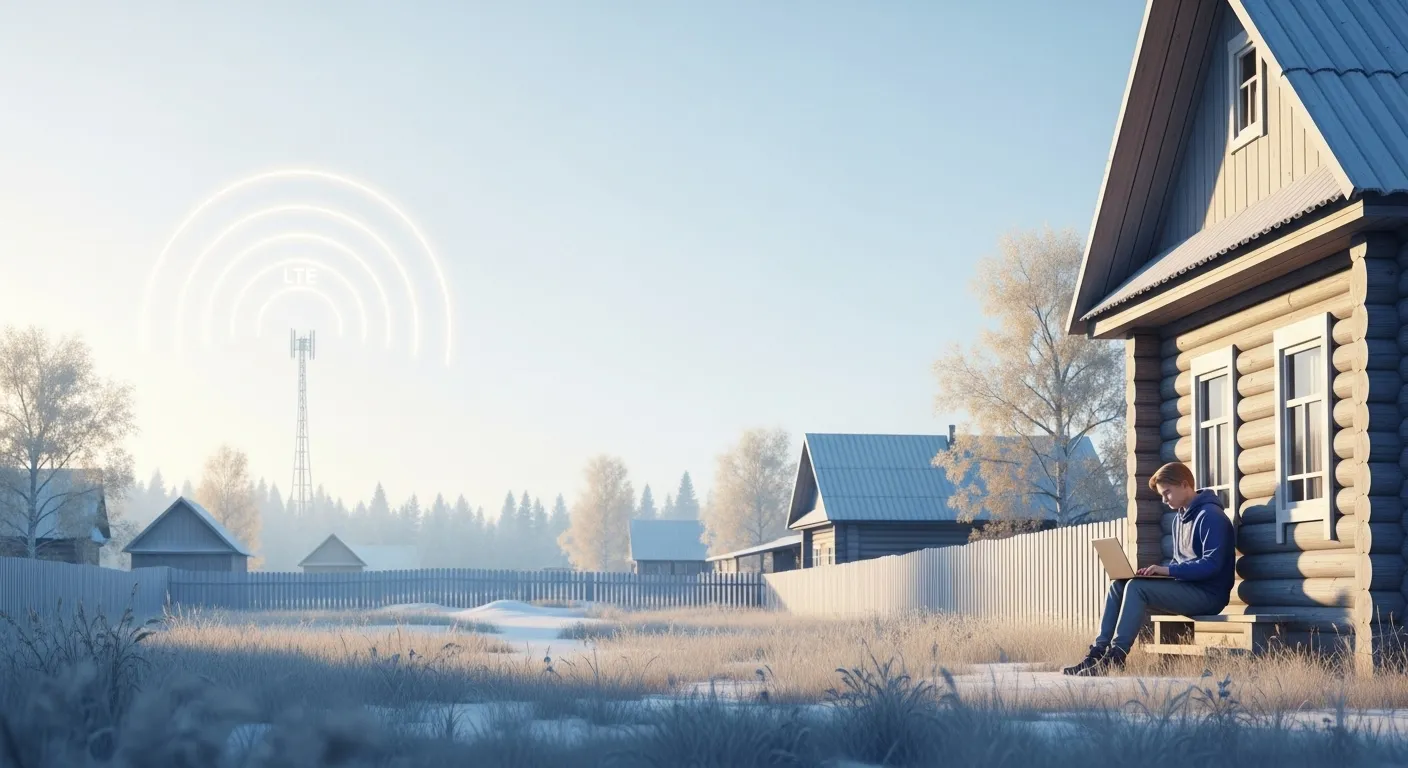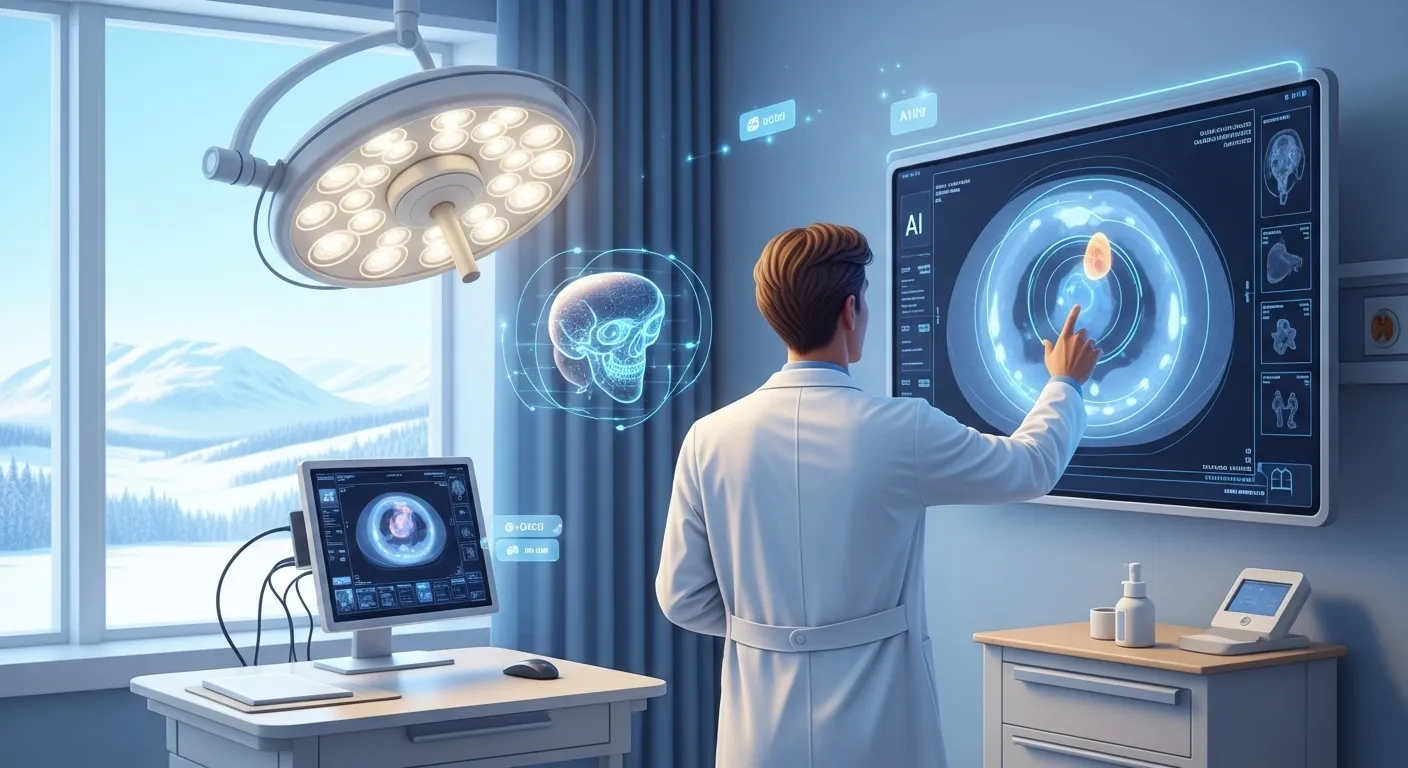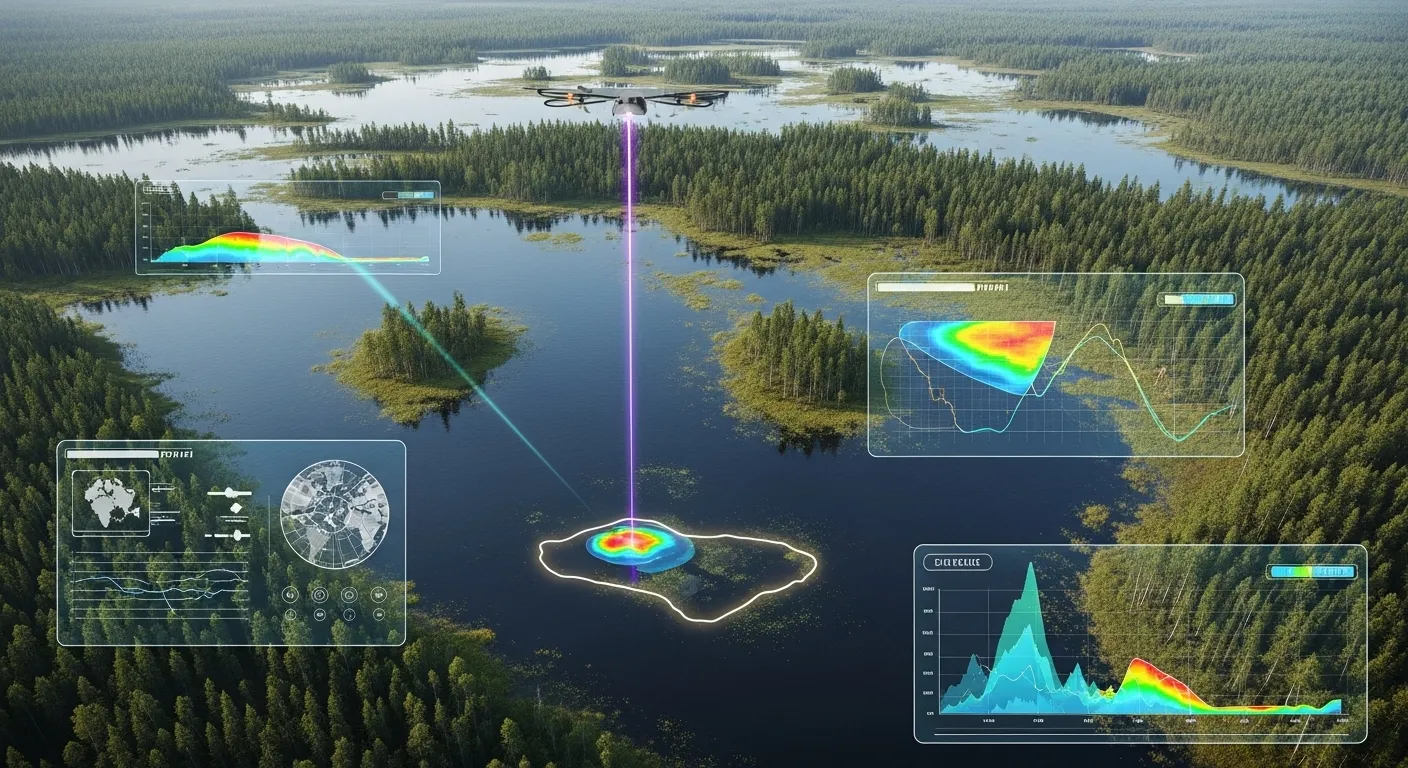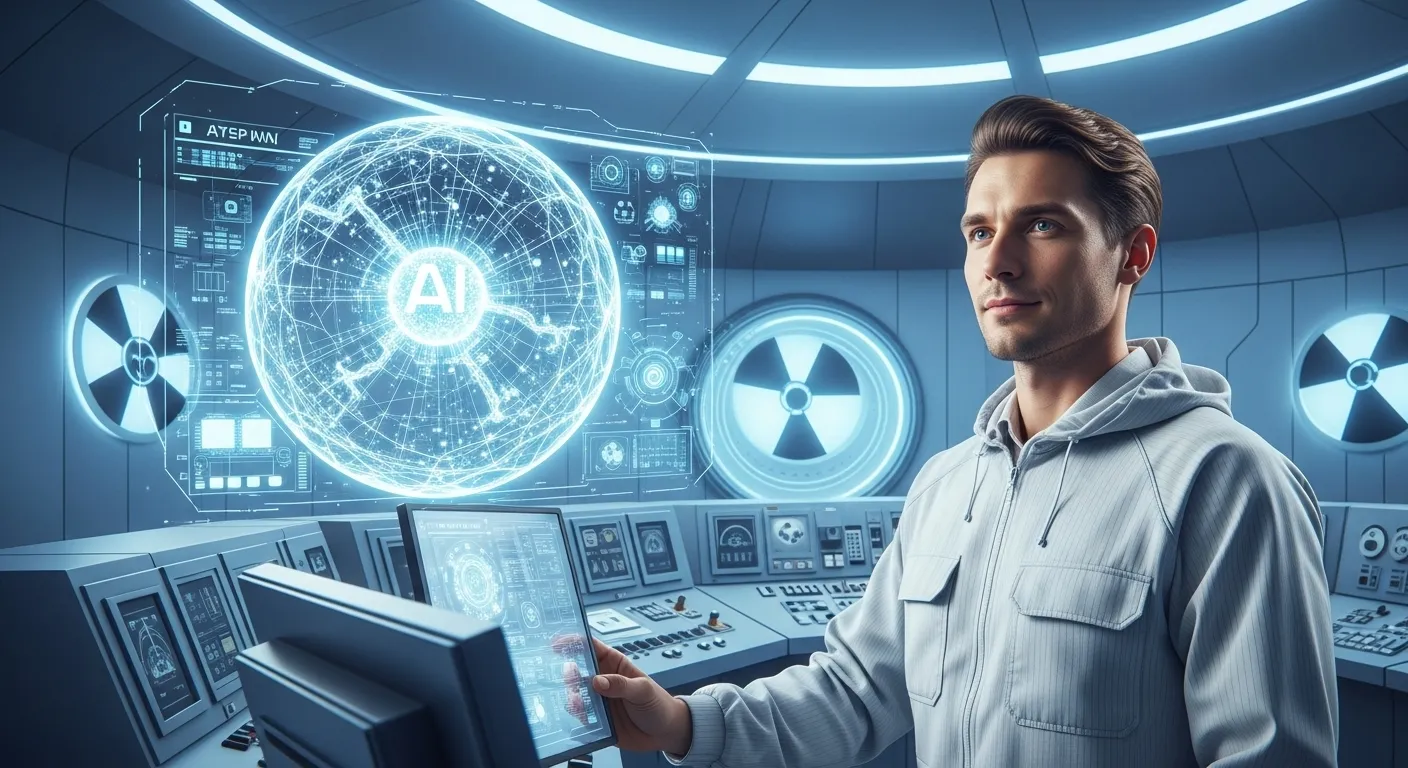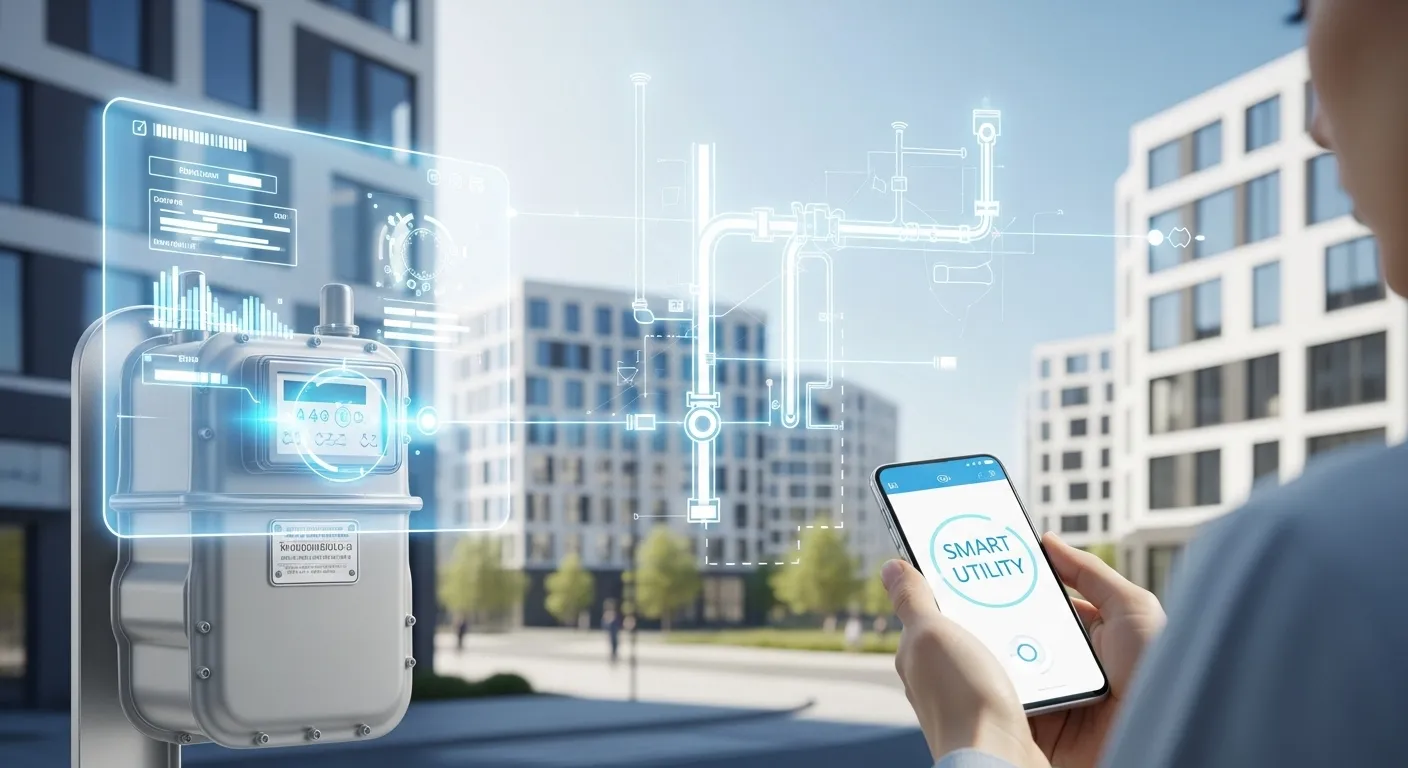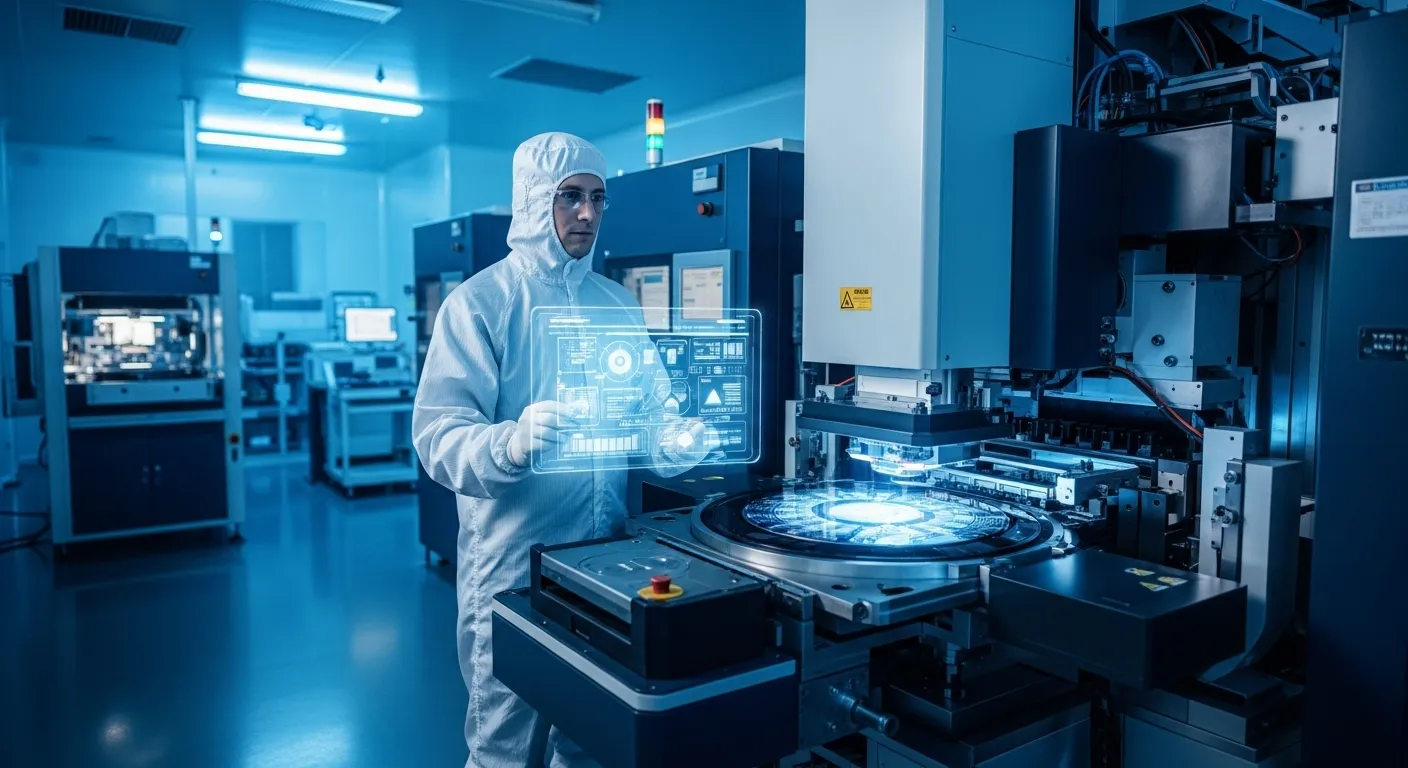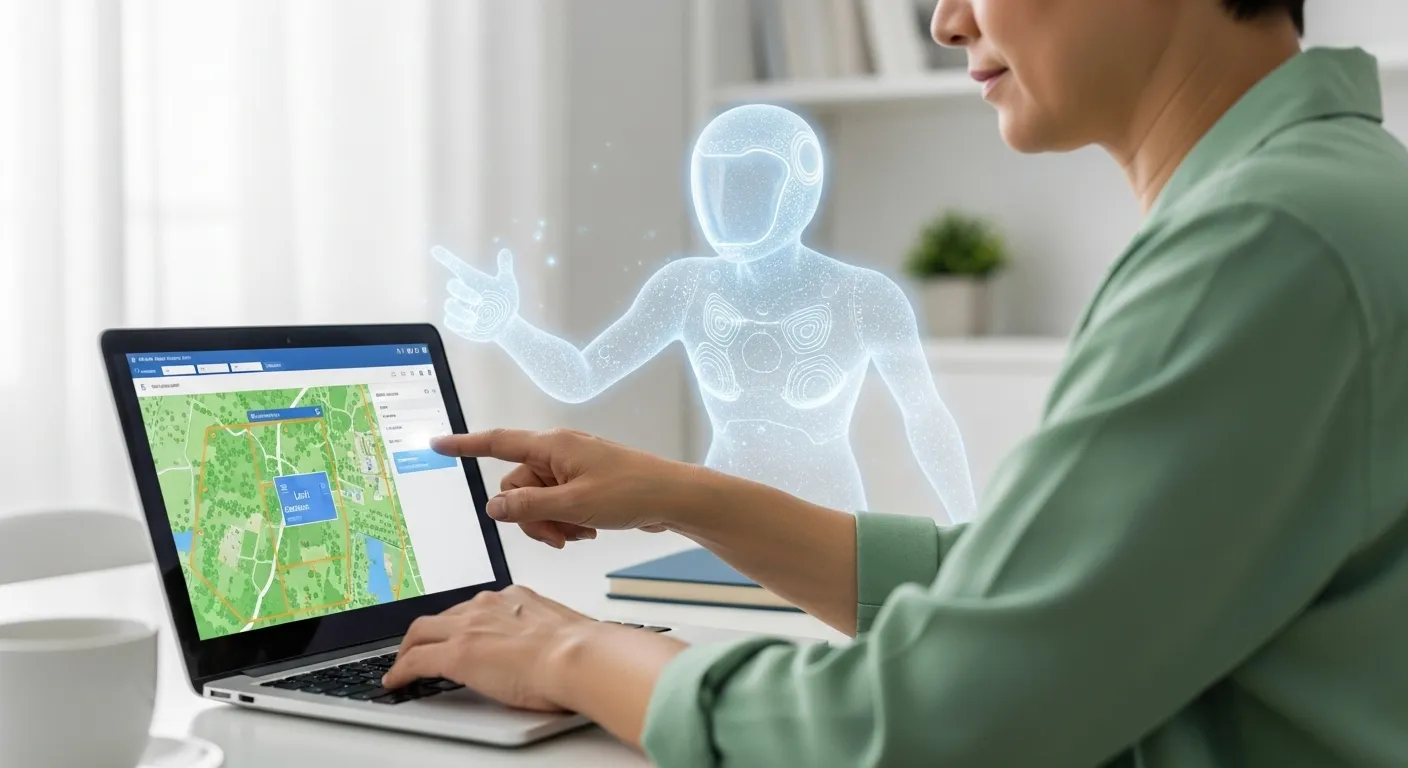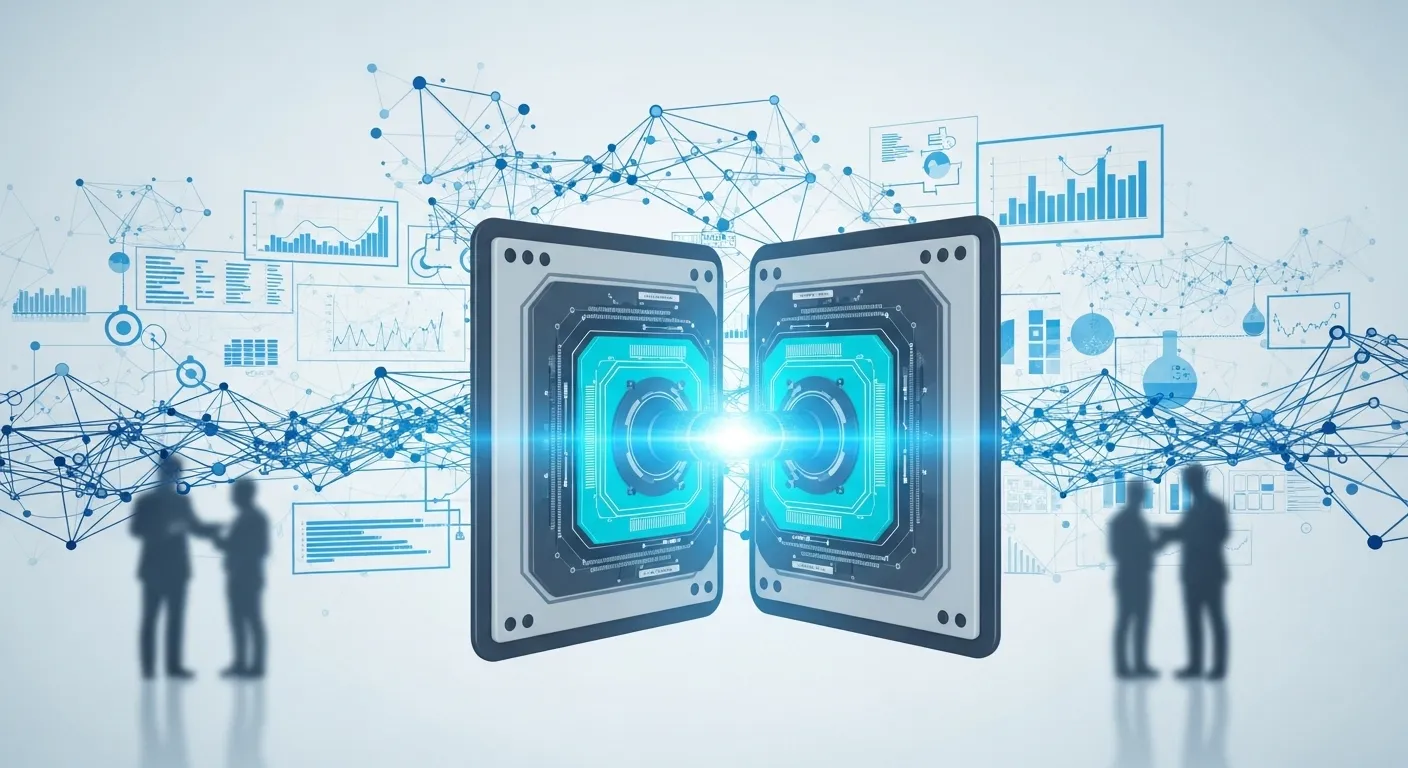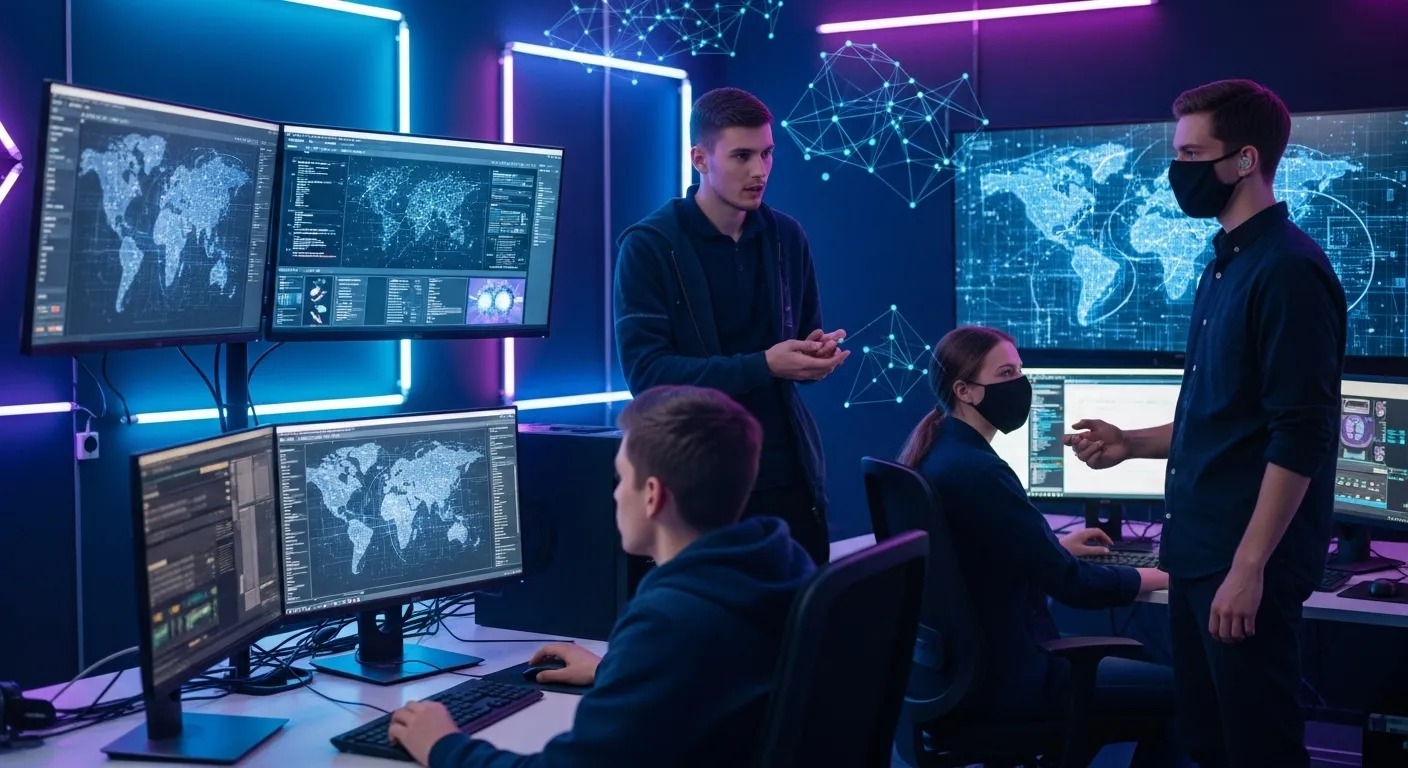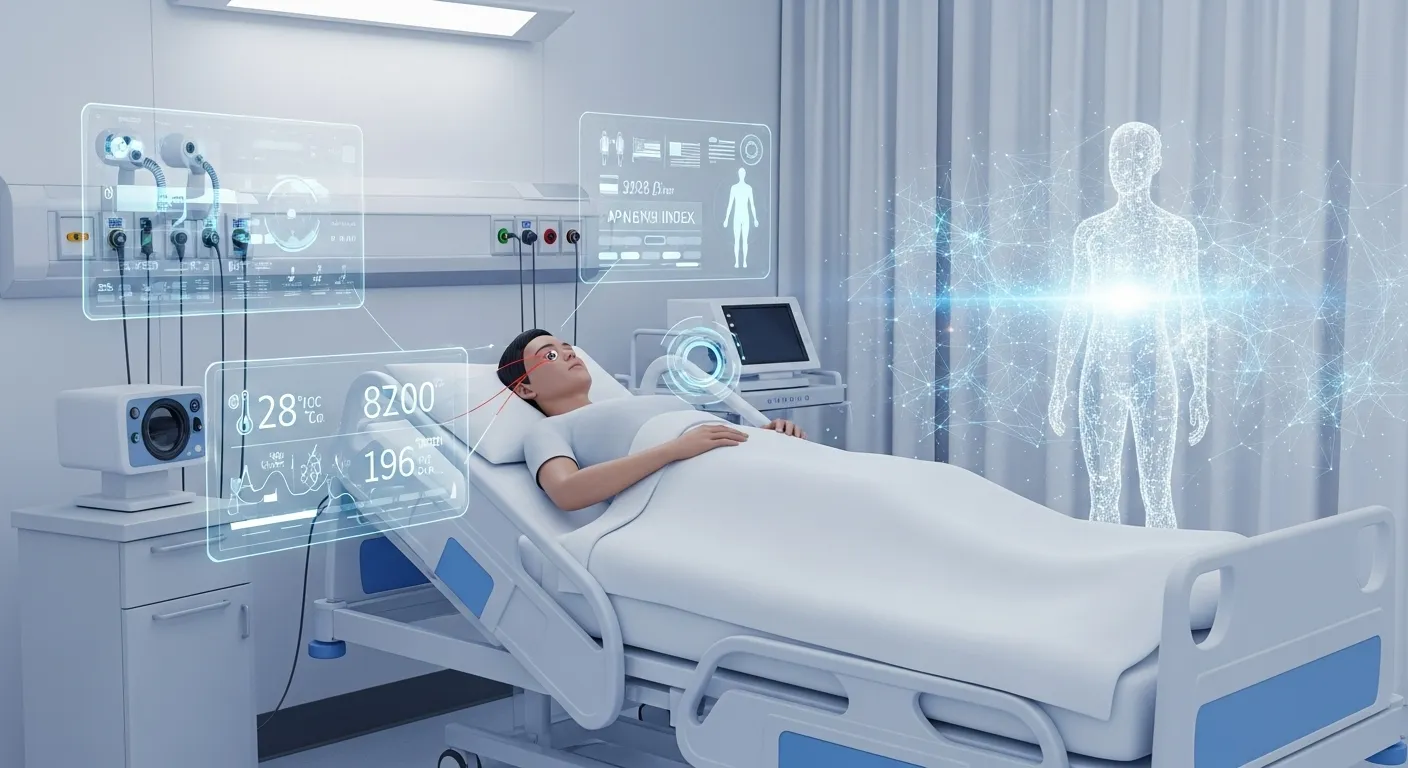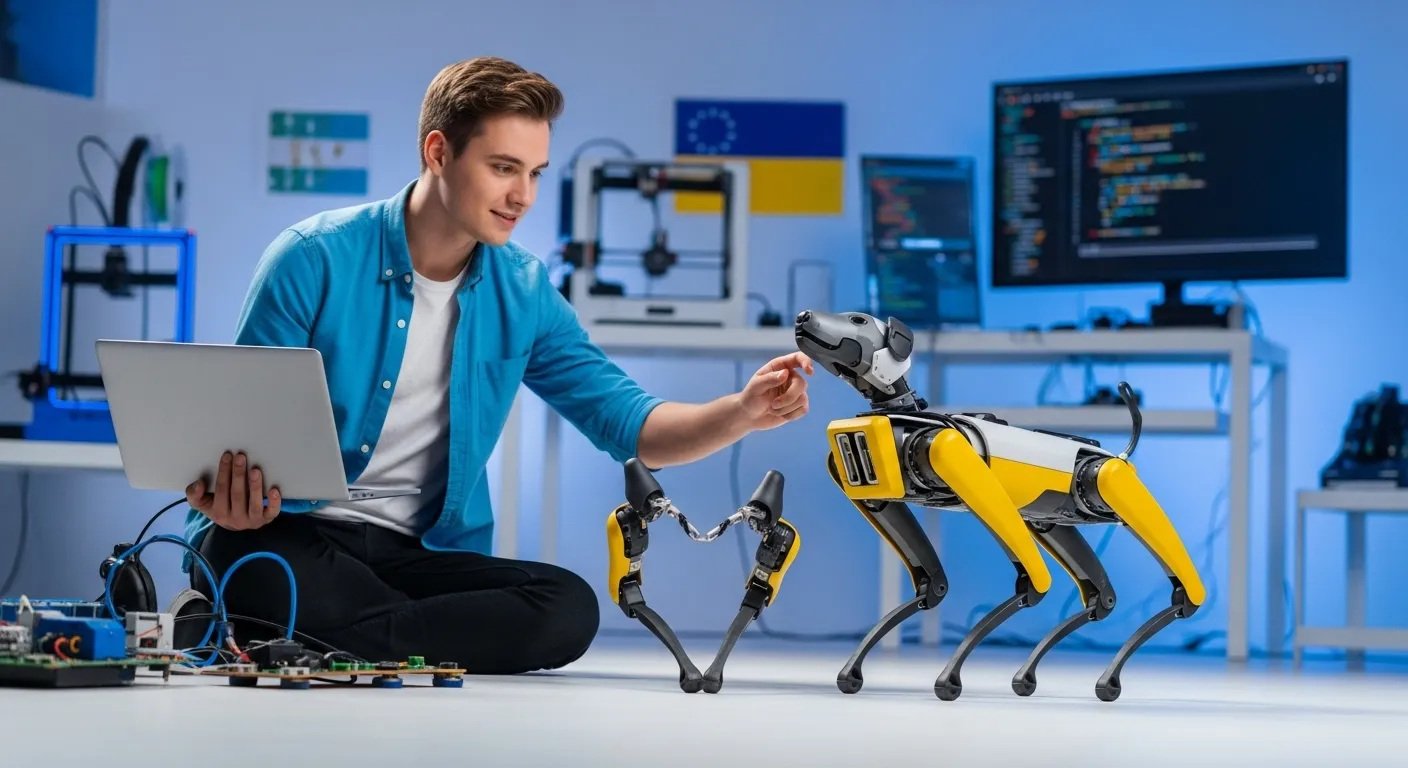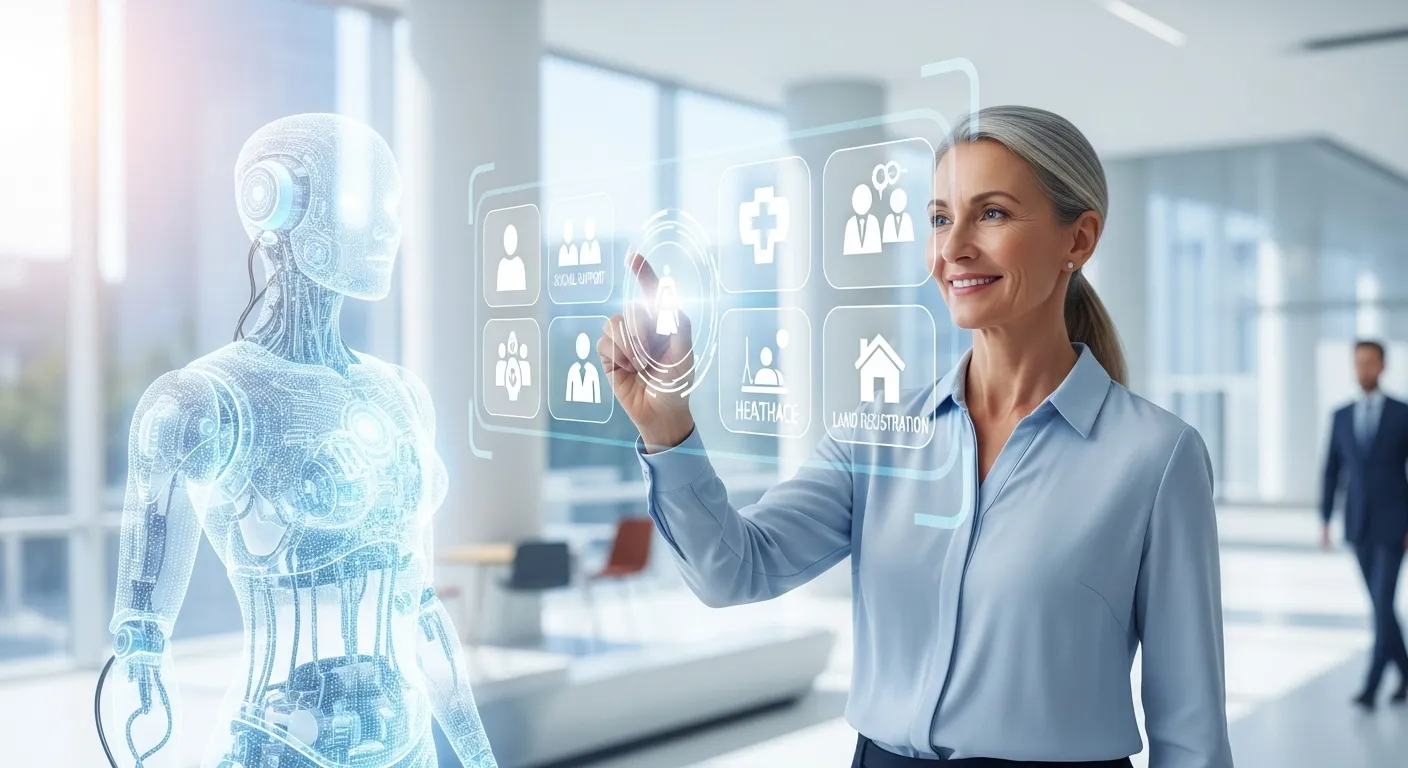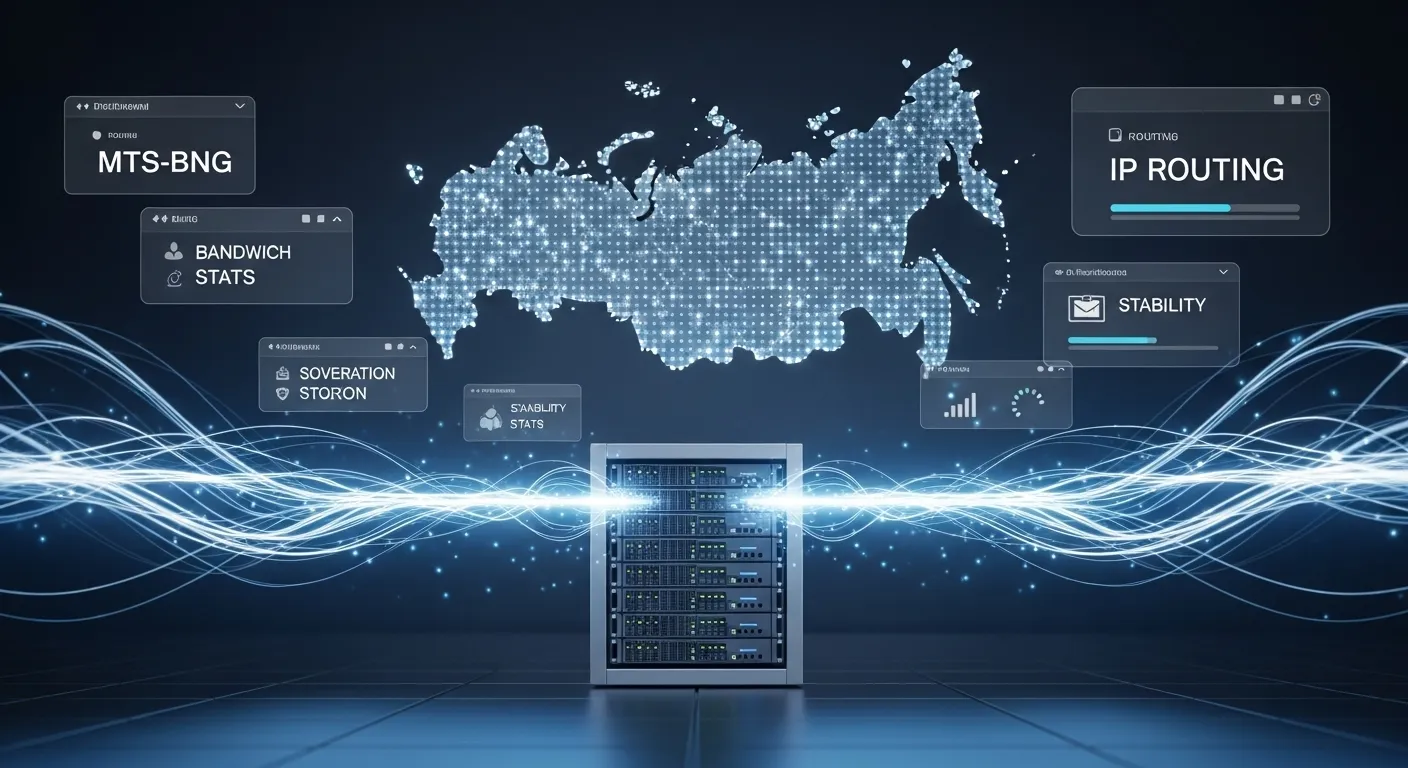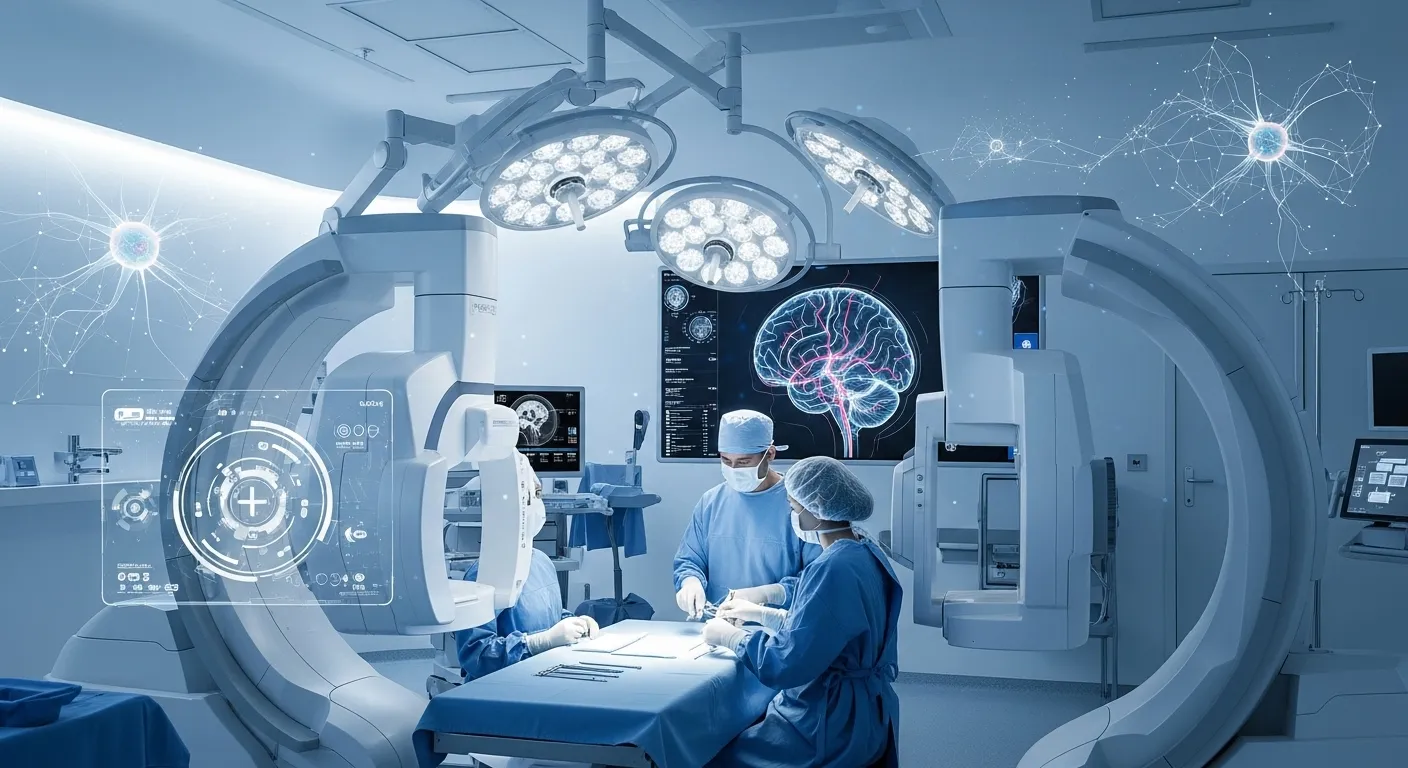AI to Help Plan Events in Moscow Region Cultural Centers
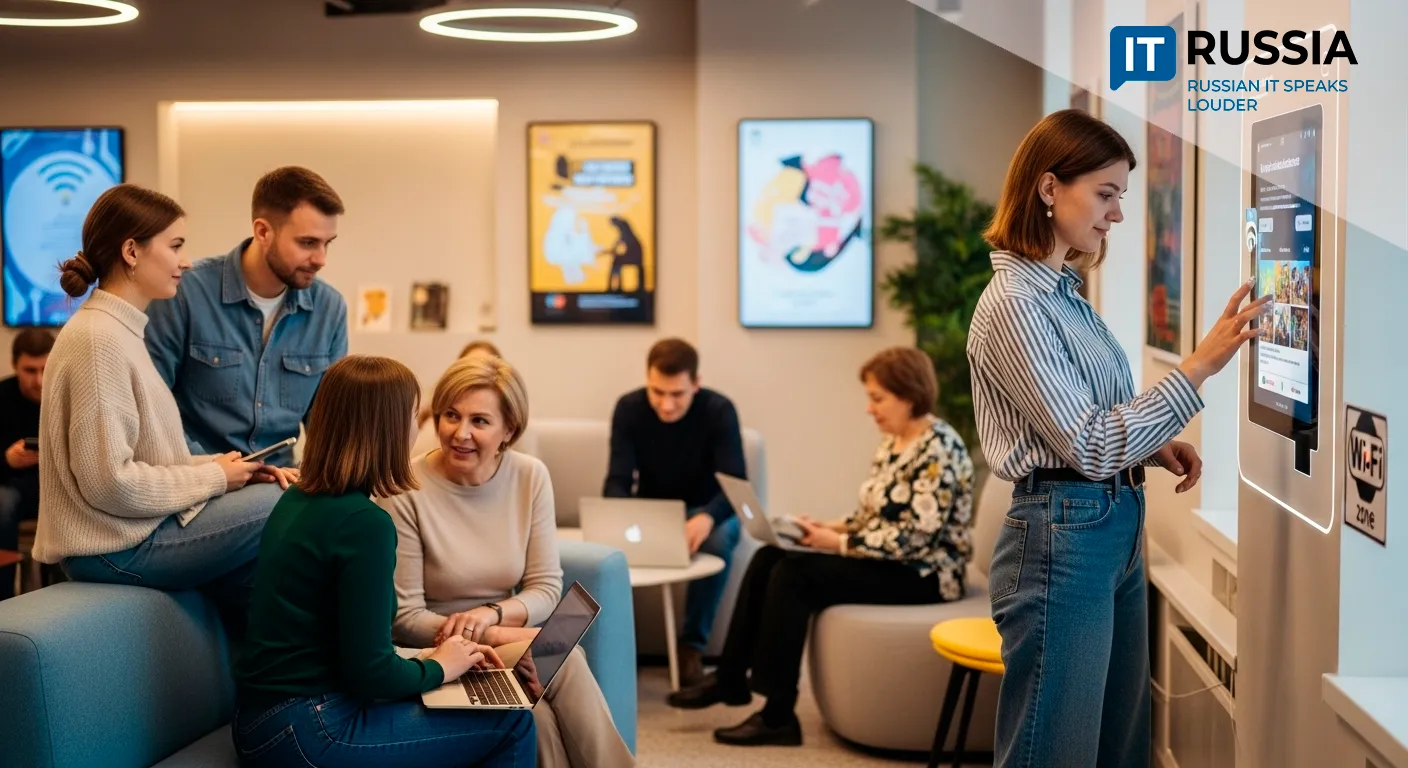
Cultural centers in the Pushkinsky urban district of the Moscow region are undergoing a major digital makeover—and artificial intelligence is taking center stage.
Smart Scheduling Meets Civic Life
It’s more than just cozy halls and free Wi-Fi. The newly upgraded Houses of Culture will feature AI-based event planning systems that analyze visitor preferences to tailor future programs.
Part of a pilot initiative dubbed “Smart DКs,” the project represents a shift in how public leisure venues function. The first wave of transformation includes DK Pushkino and DK Yubileiny in Ivanteevka. Cameras connected to the region’s security infrastructure have already been installed. Powered by neural networks, they count attendees at events—data that helps predict demand and optimize future scheduling.
The goal is clear: make cultural centers open, modern, and interactive. AI will help organizers determine what activities resonate with locals, enabling better use of community space.
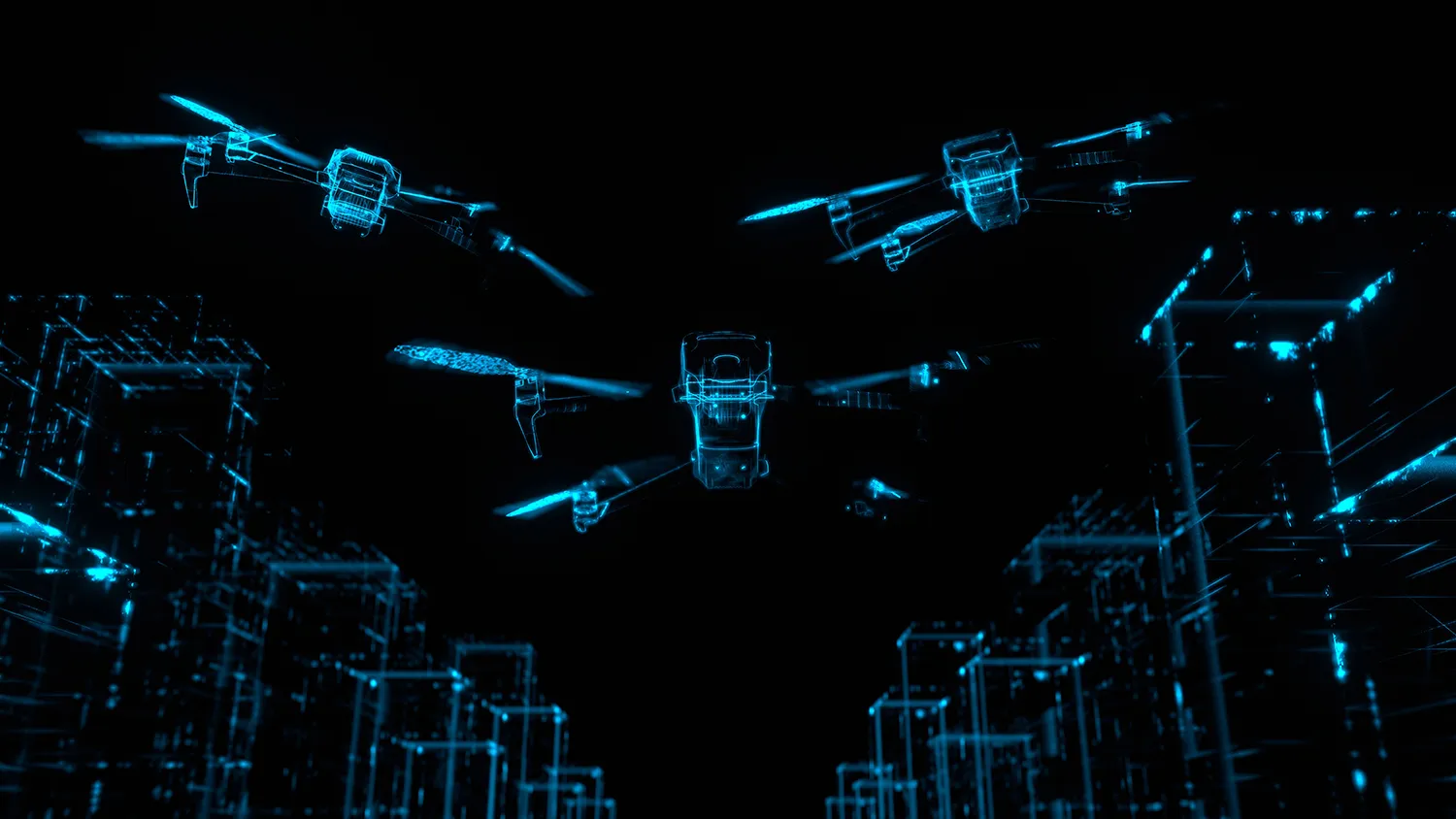
A Unified Cultural Code, Powered by Tech
Each center is being remodeled with a cohesive visual identity guided by a regional brandbook. This aesthetic consistency reflects a broader cultural mission—creating a distinct local signature while introducing advanced digital features.
The integration of AI is central to the new format. These venues won’t just host official events—they’ll be available to citizens for independent use. Anyone can reserve a room to rehearse, teach, host a party, or start a creative group. Reservations are handled through the Moscow Region’s cultural portal.
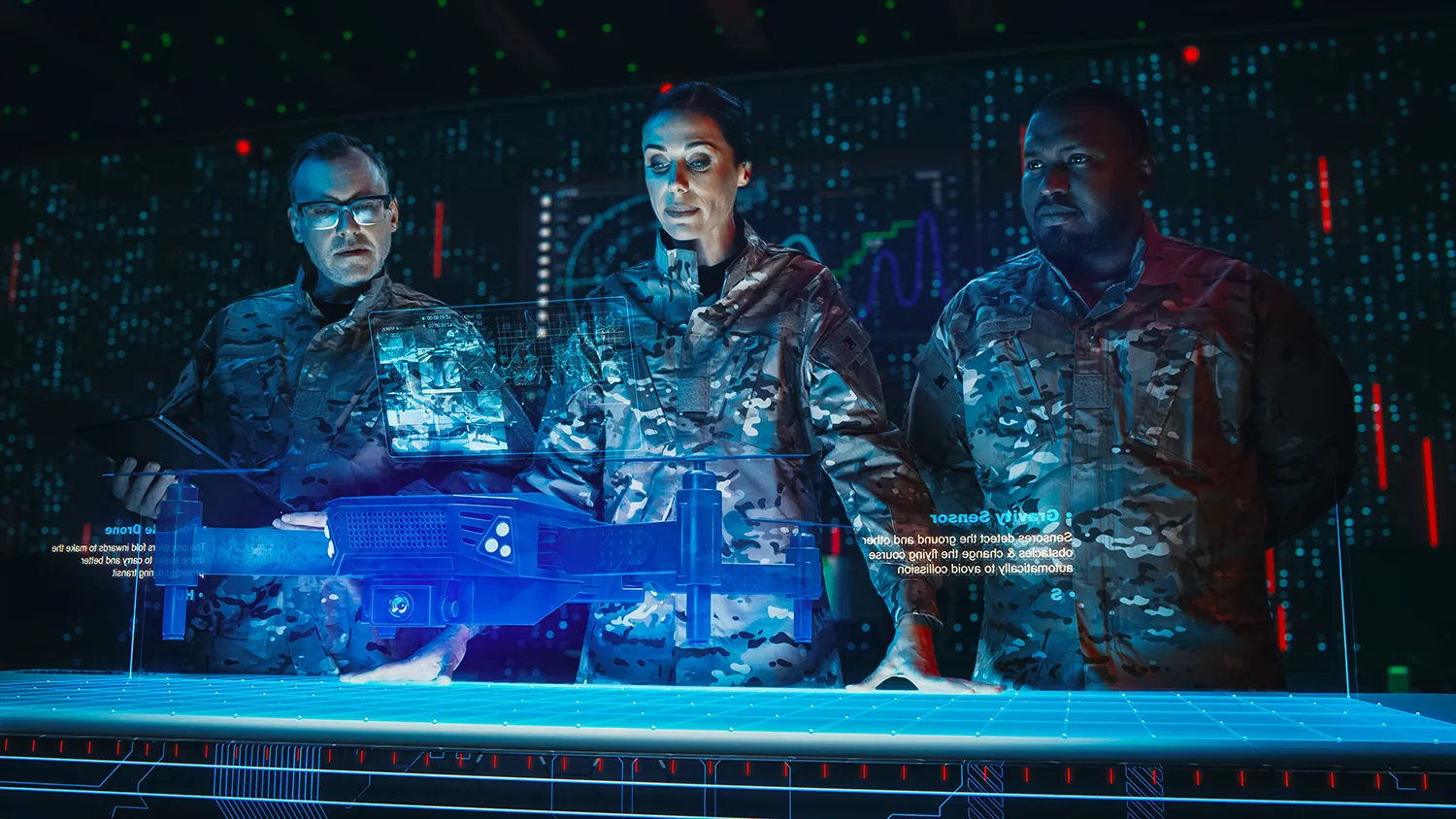
By encouraging local creativity and civic engagement, the project aims to unlock the full potential of community culture. Citizens will be able to launch their own art projects, organize exhibitions, or bring together amateur musicians. Cultural life becomes a collaboration—not a top-down agenda.
Pushkinsky’s mayor, Maksim Krasnotsvetov, posted confidently on social media: “I’m sure the project will make our cultural institutions more attractive and functional for residents and guests alike.”
The Blueprint for Smart Culture Hubs Nationwide
This initiative is more than just a local upgrade—it’s a prototype. If successful, the Smart DK system could be scaled across other regions. With cities and towns across Russia exploring digital upgrades for public services, the demand for proven plug-and-play solutions is high.
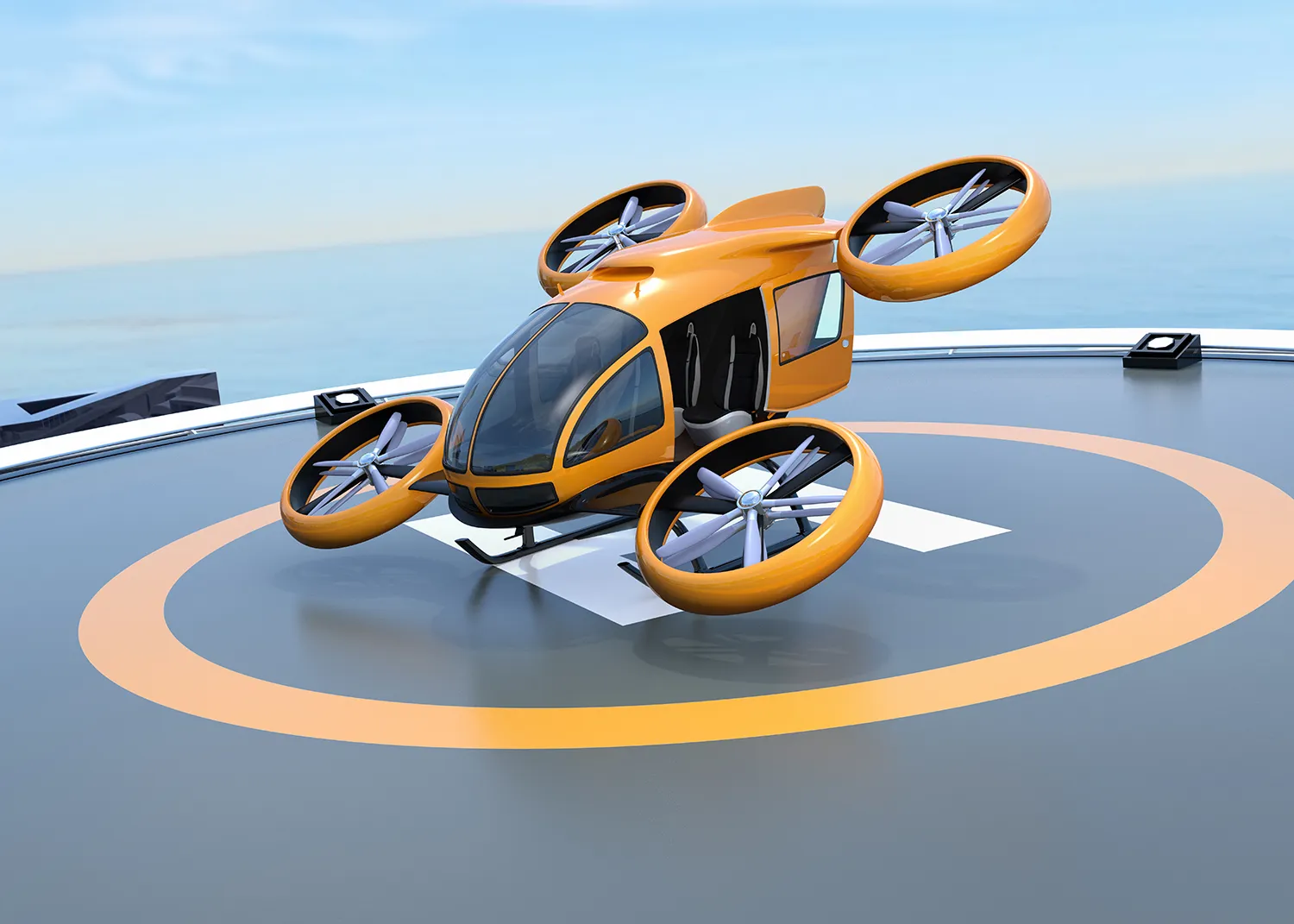
This isn’t limited to Houses of Culture either. The underlying AI technology could be repurposed for digital transformation across a range of social infrastructure. For the Moscow region, this is one of the most advanced examples of cultural digitization to date.
If the pilot continues to deliver results, it could attract regional grants, participation in national innovation programs, and pave the way for new IT platforms tailored for cultural institutions.
Russia is actively developing a nationwide standard for “smart cultural centers,” and Moscow’s suburban venues are leading the charge. Experts see this not just as tech adoption—but as a rethinking of the entire leisure space model to prioritize user experience, interactivity, and safety.


